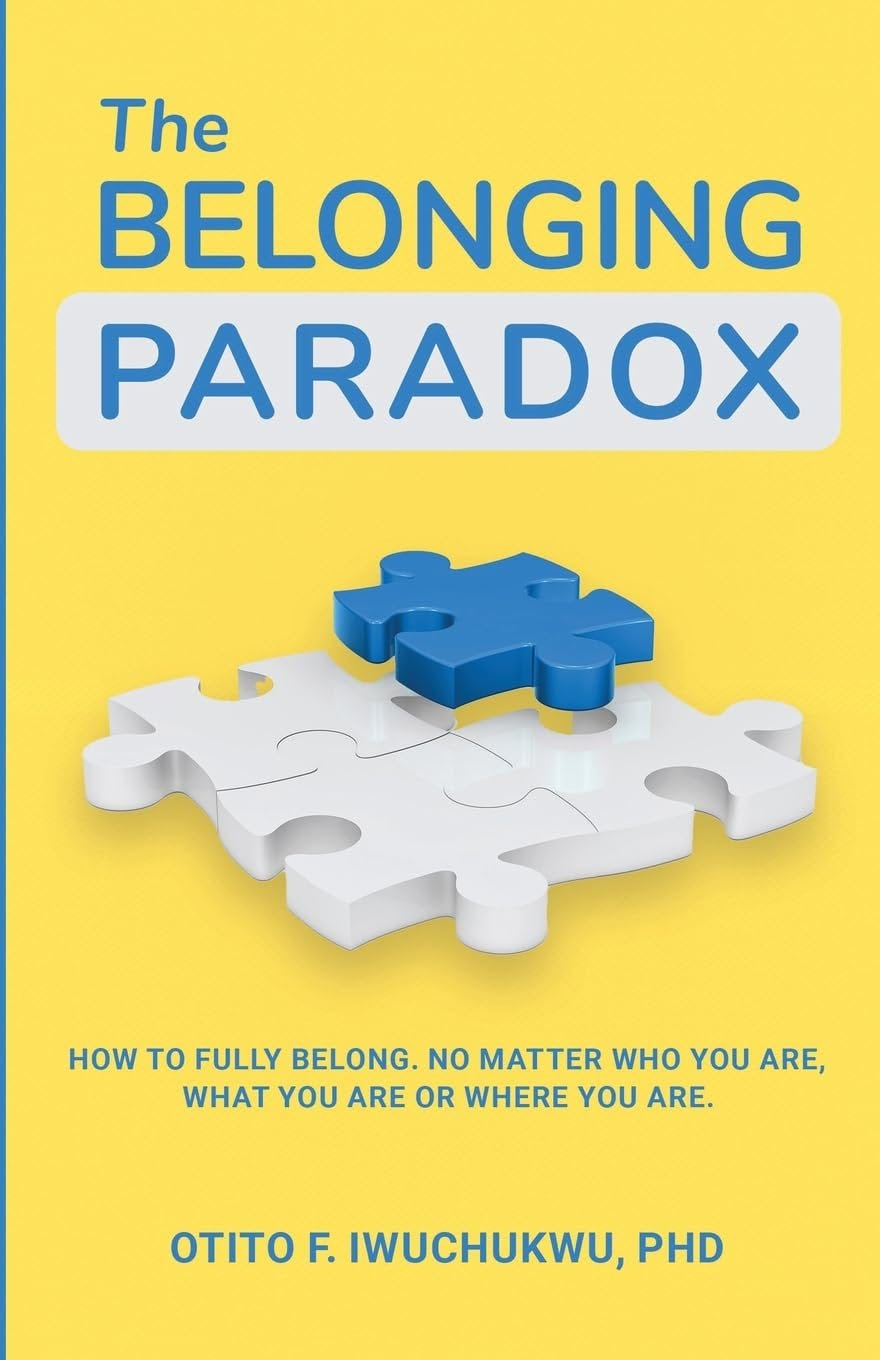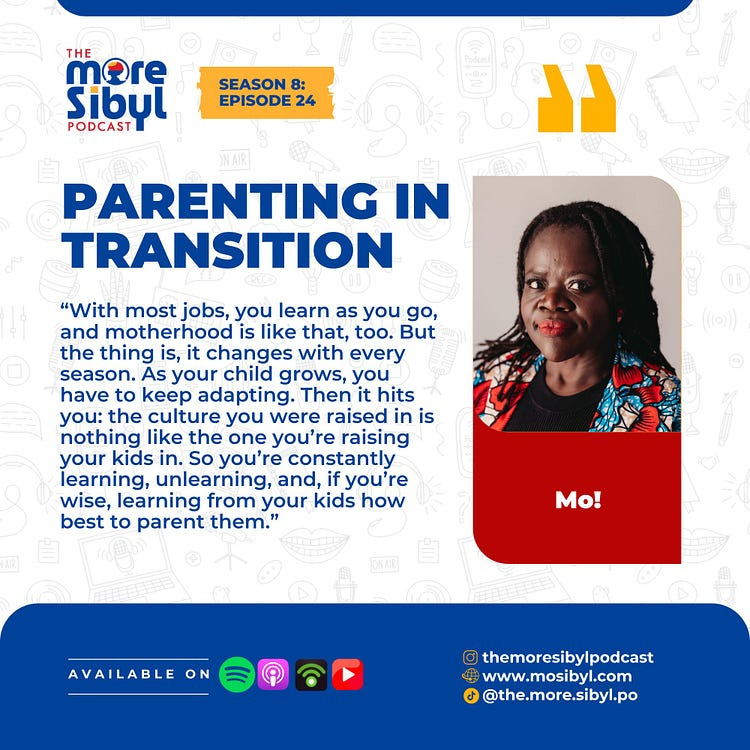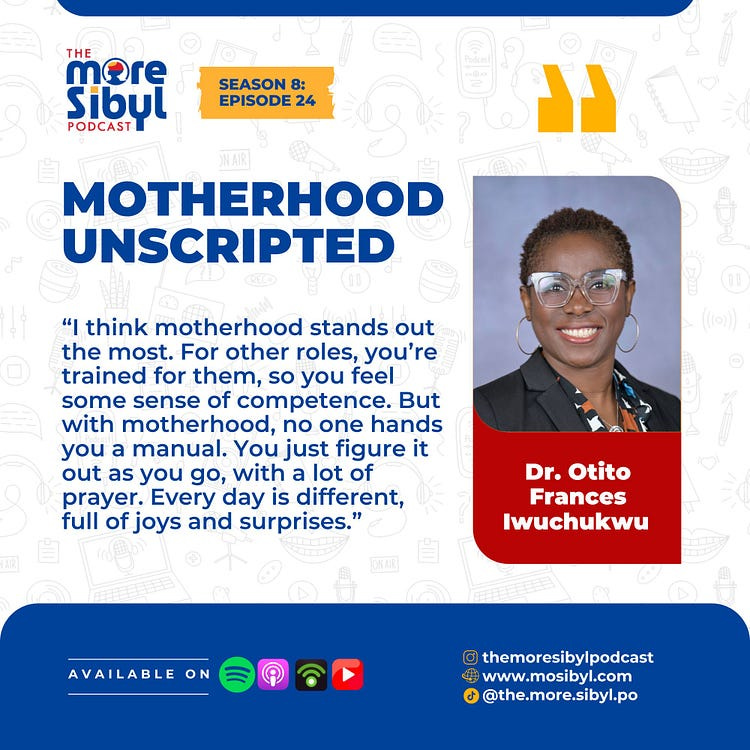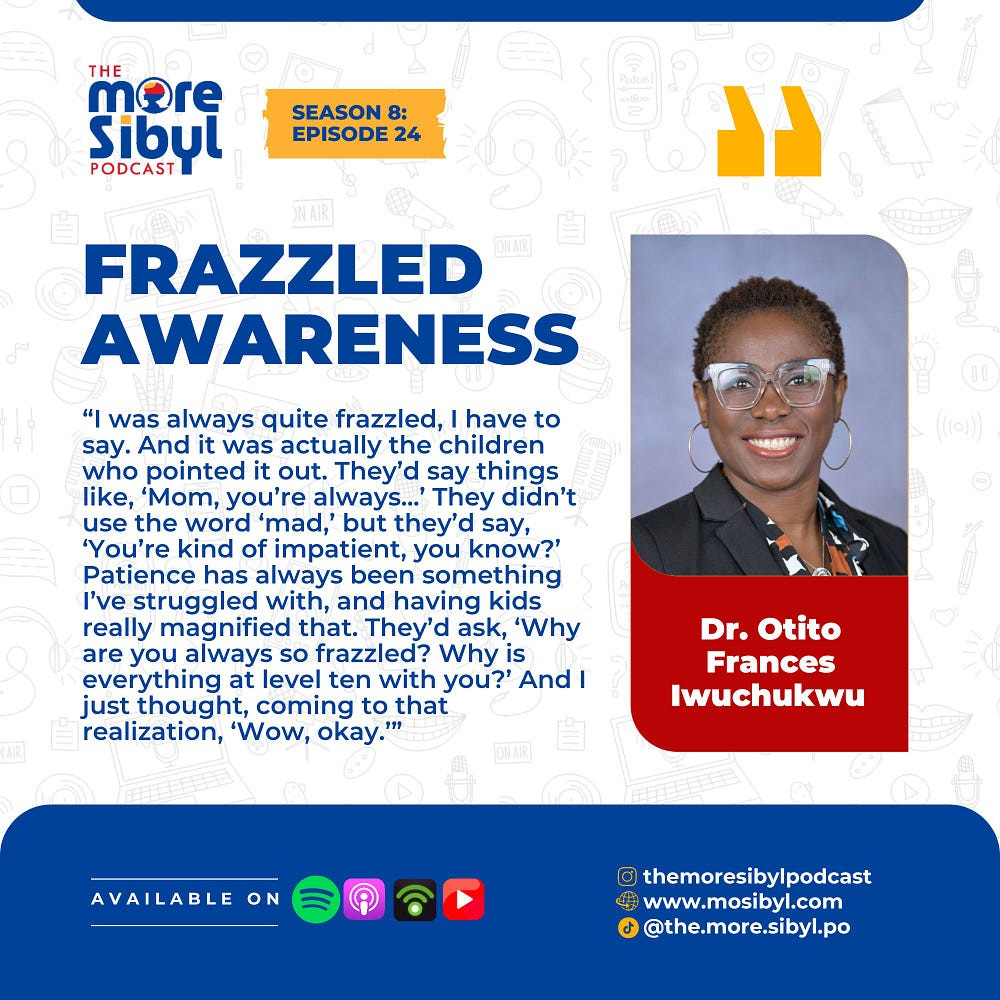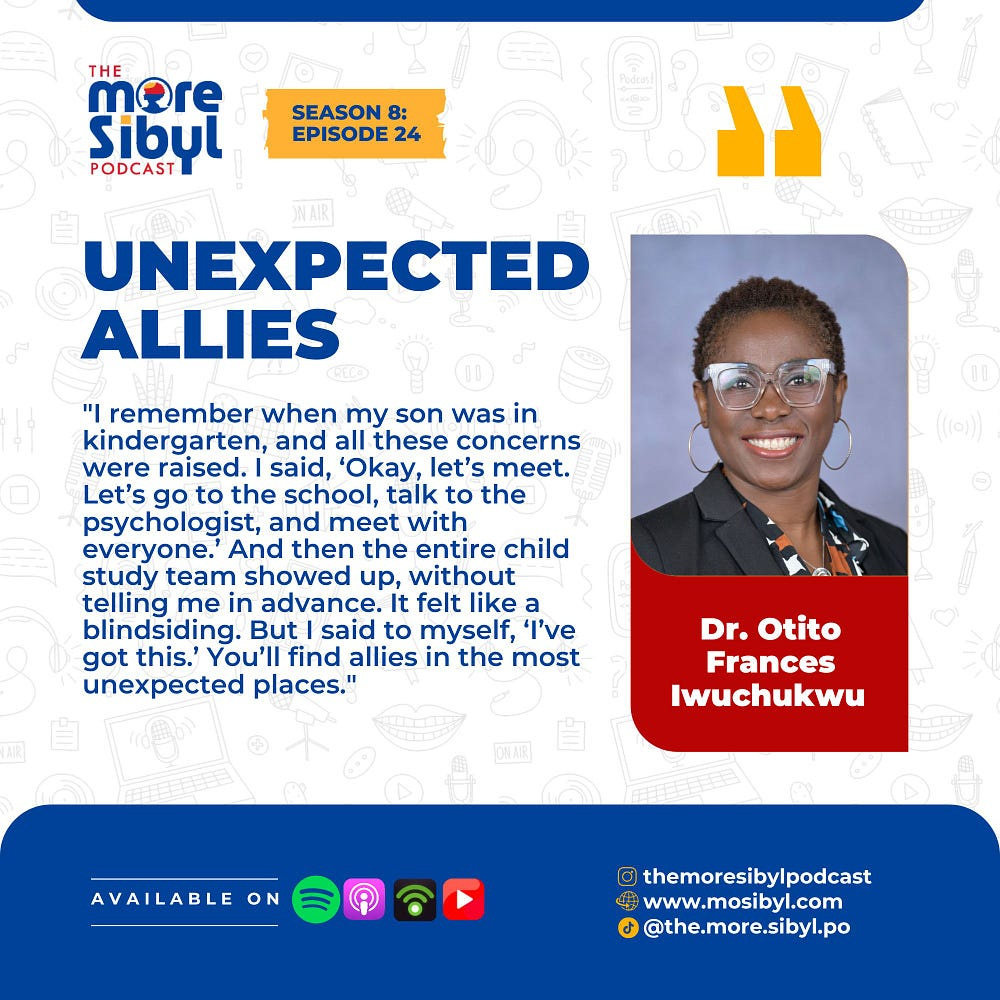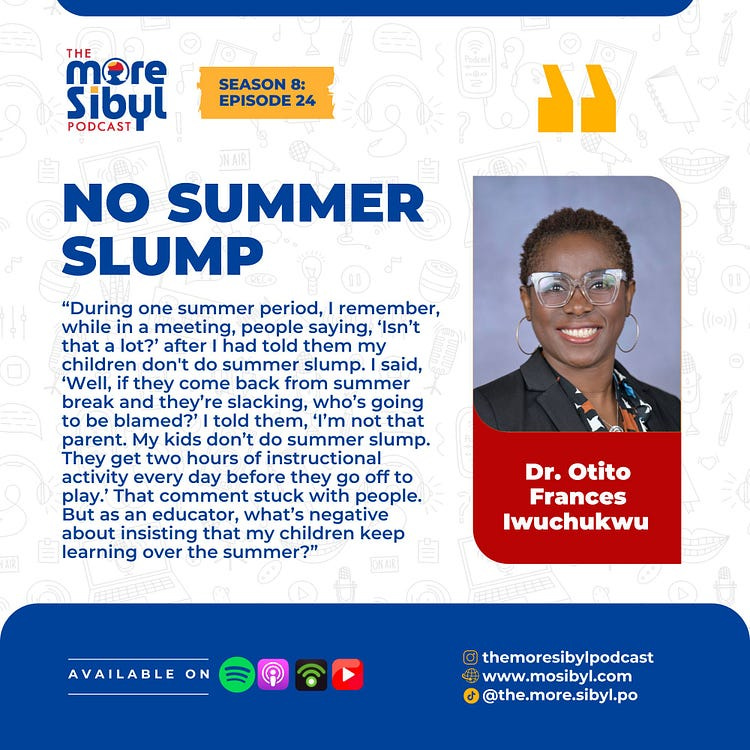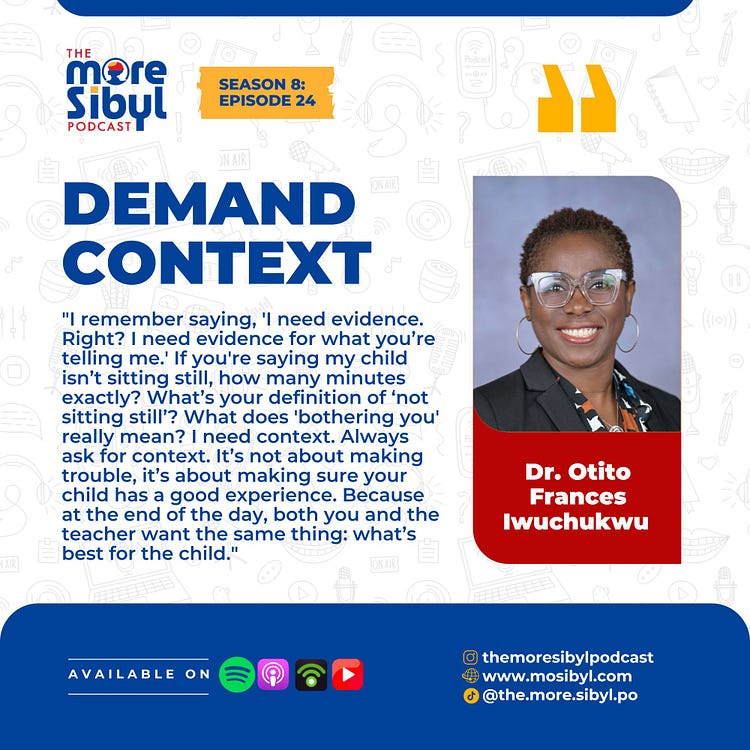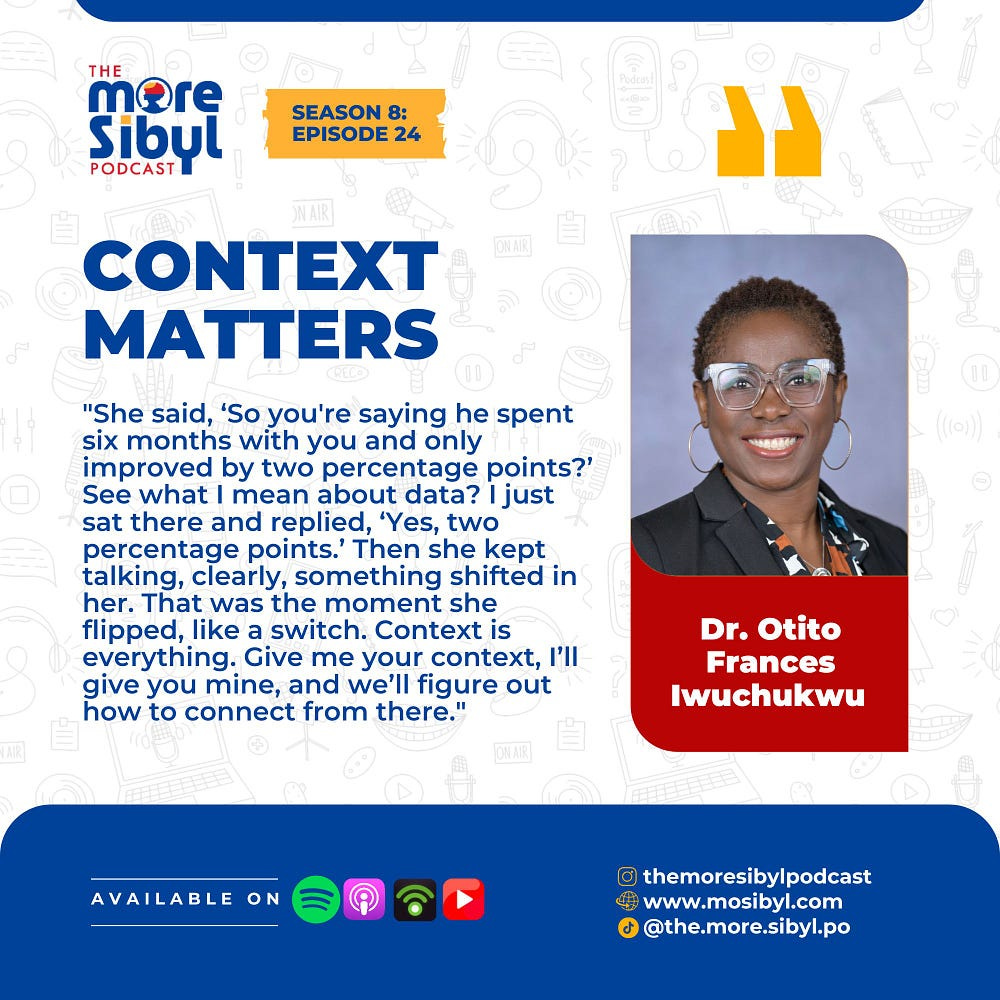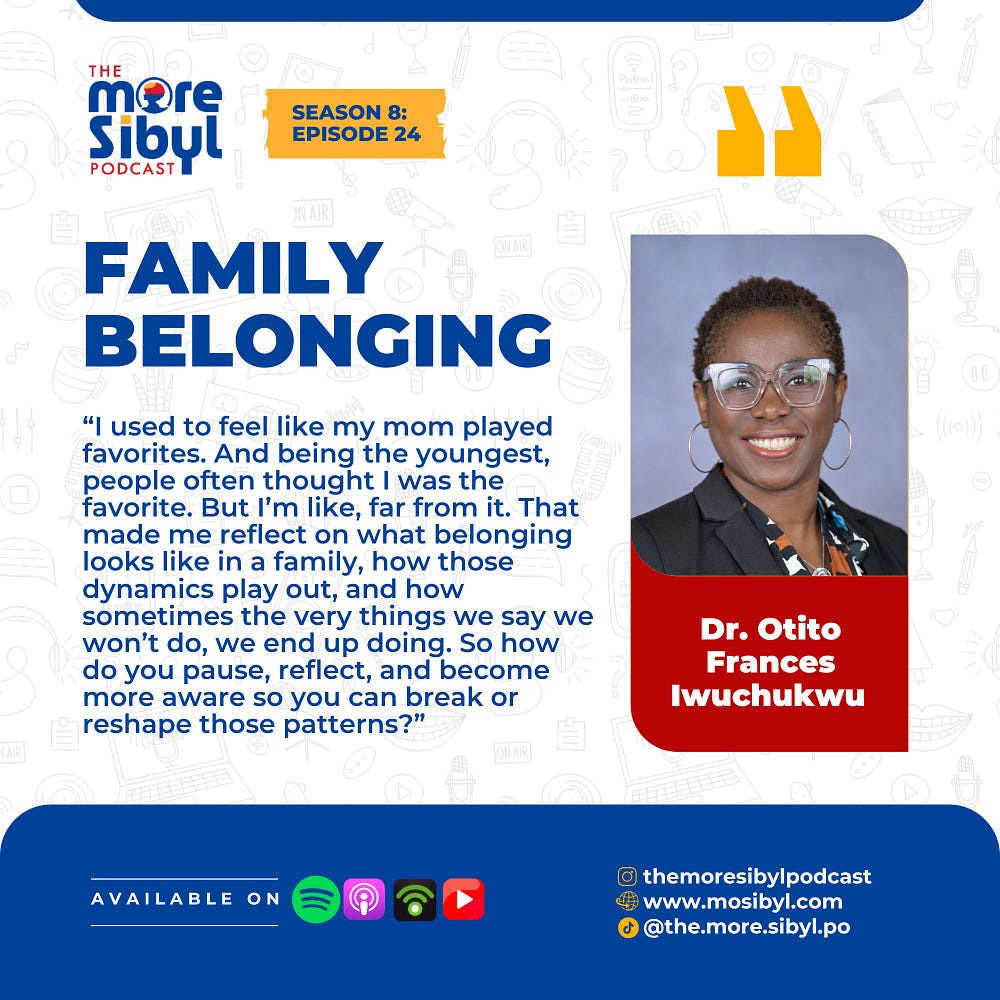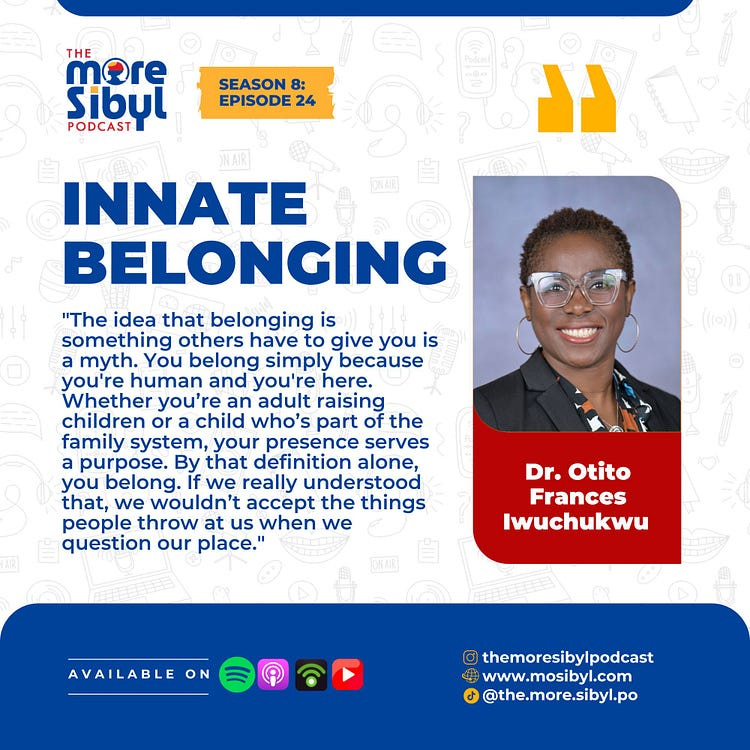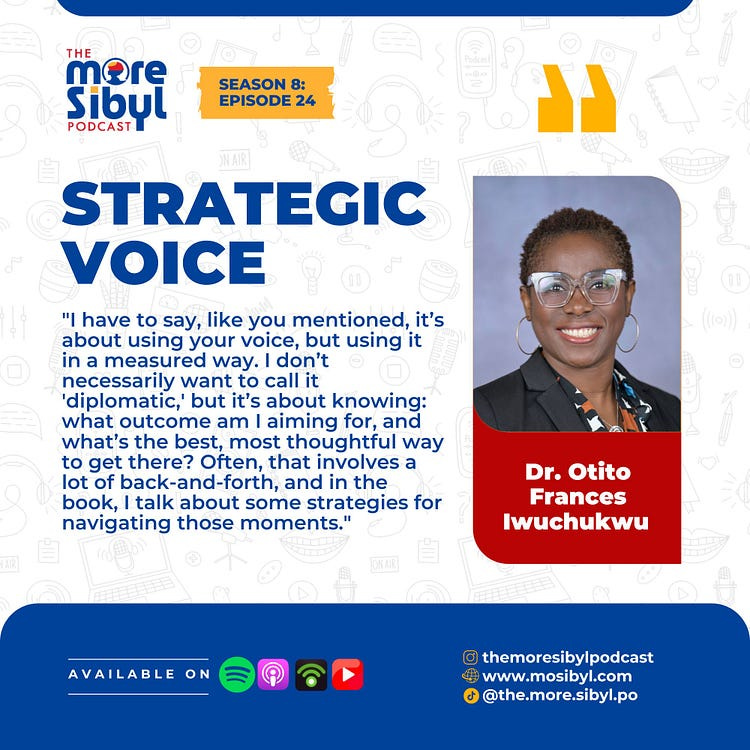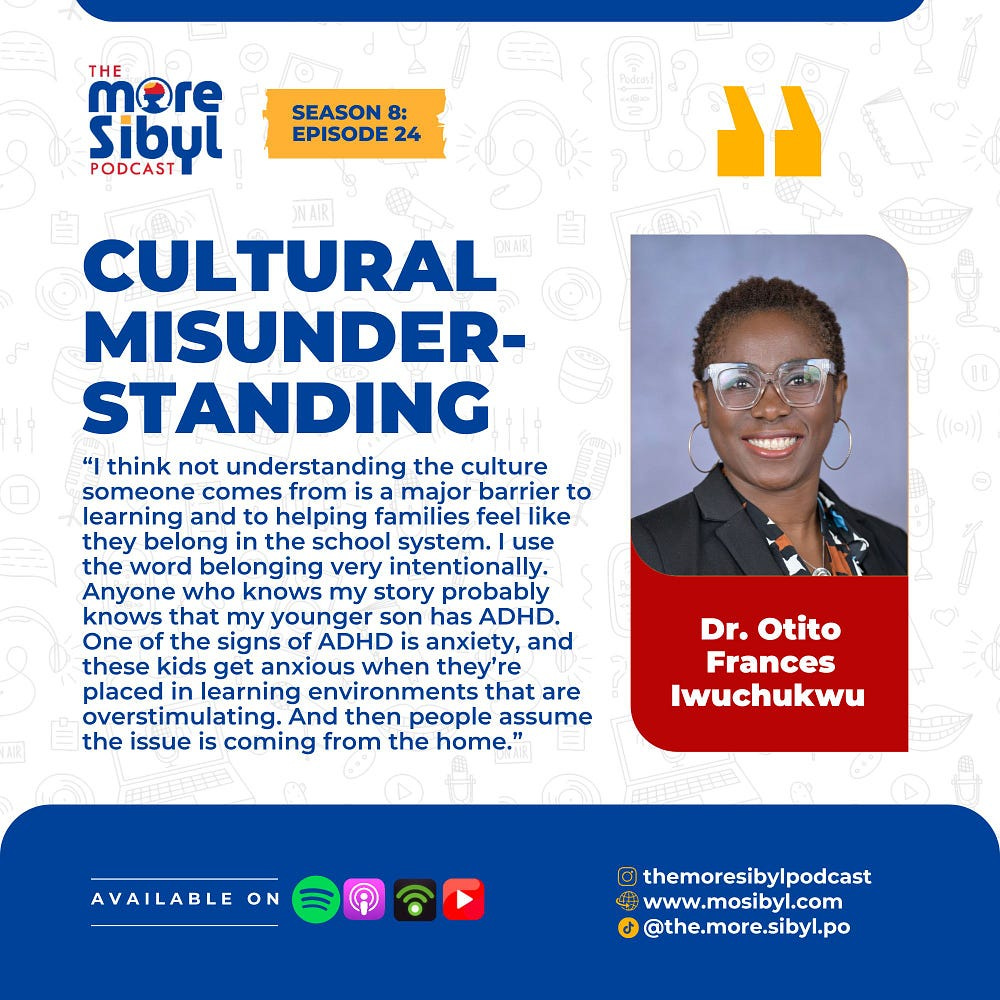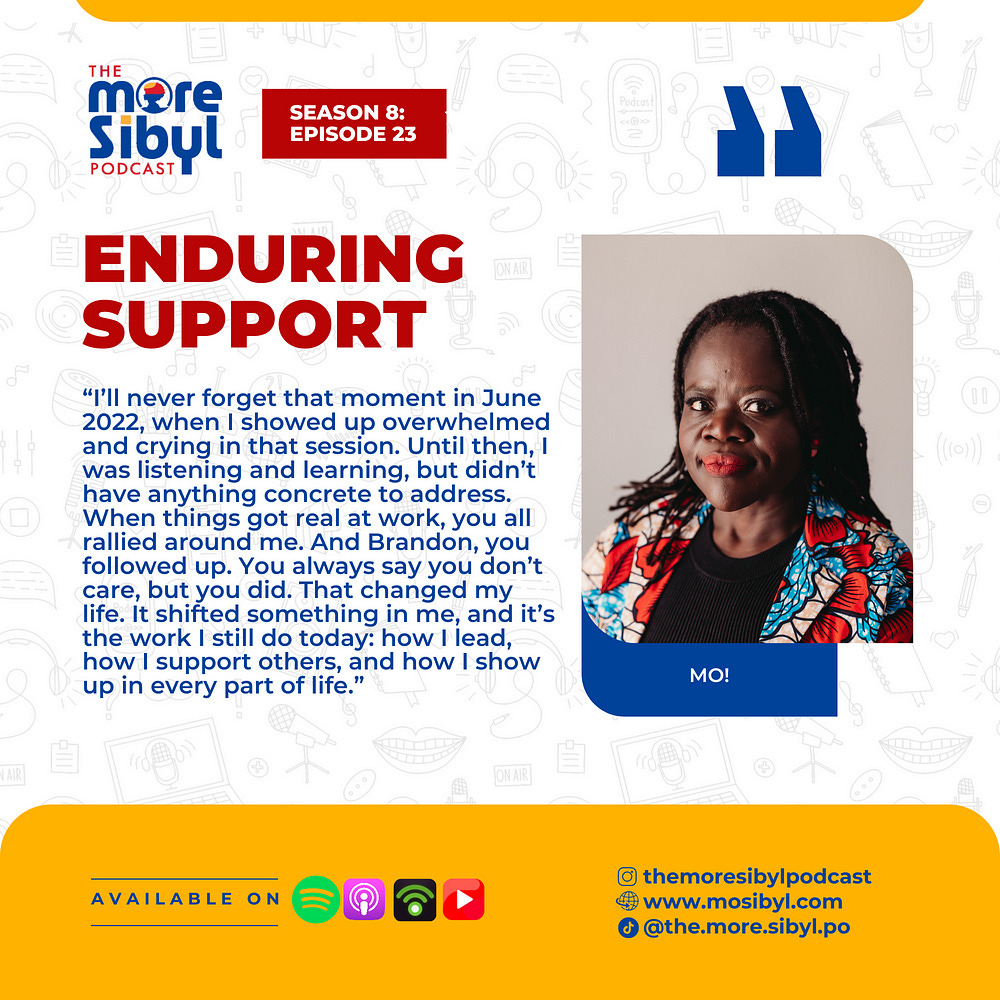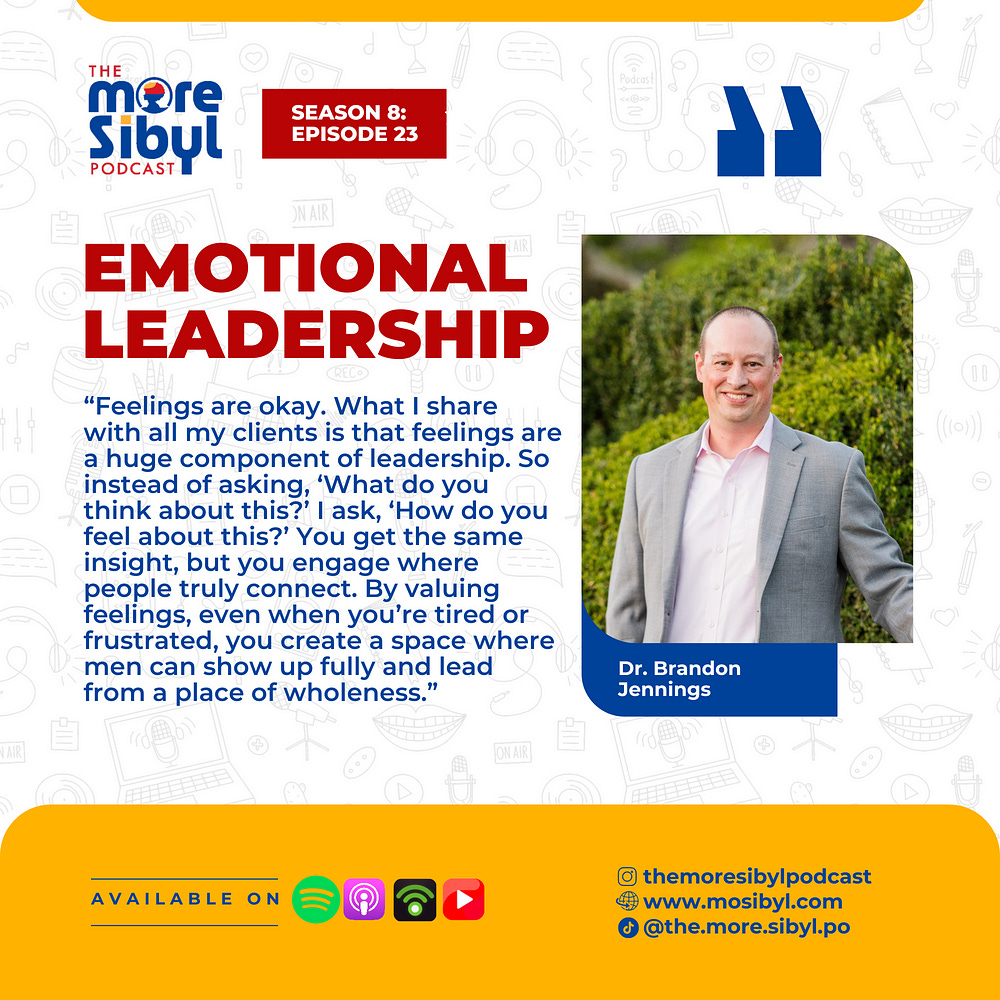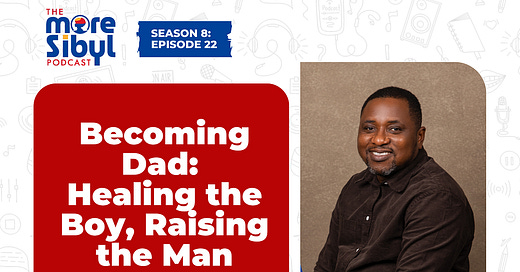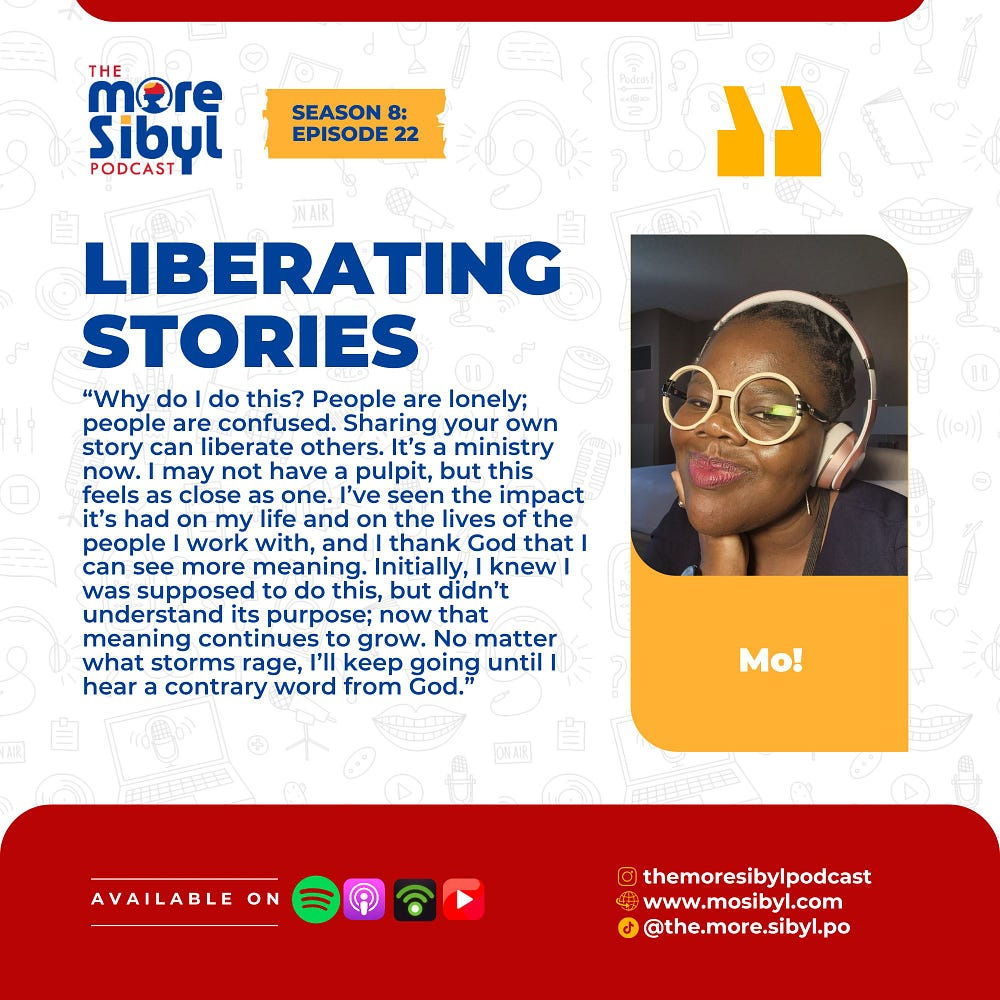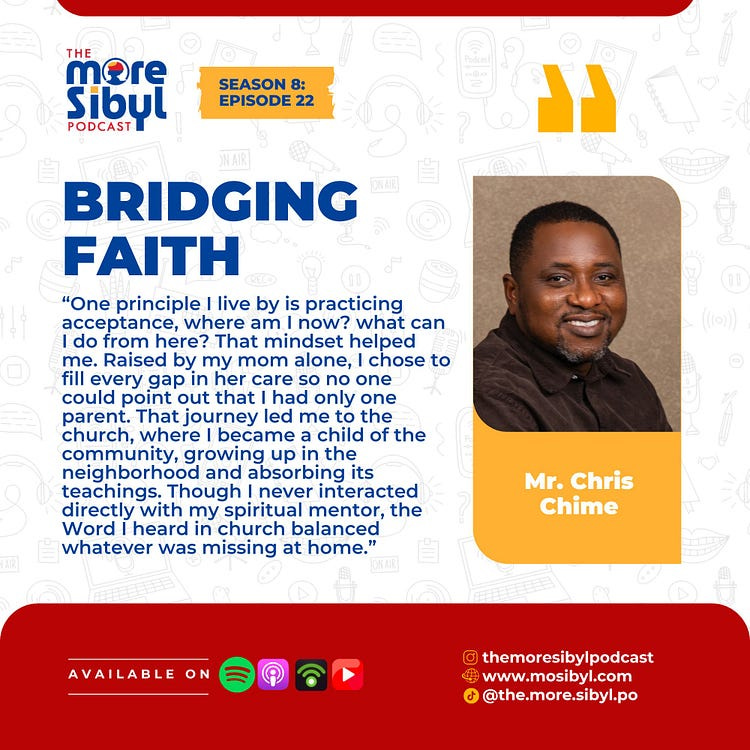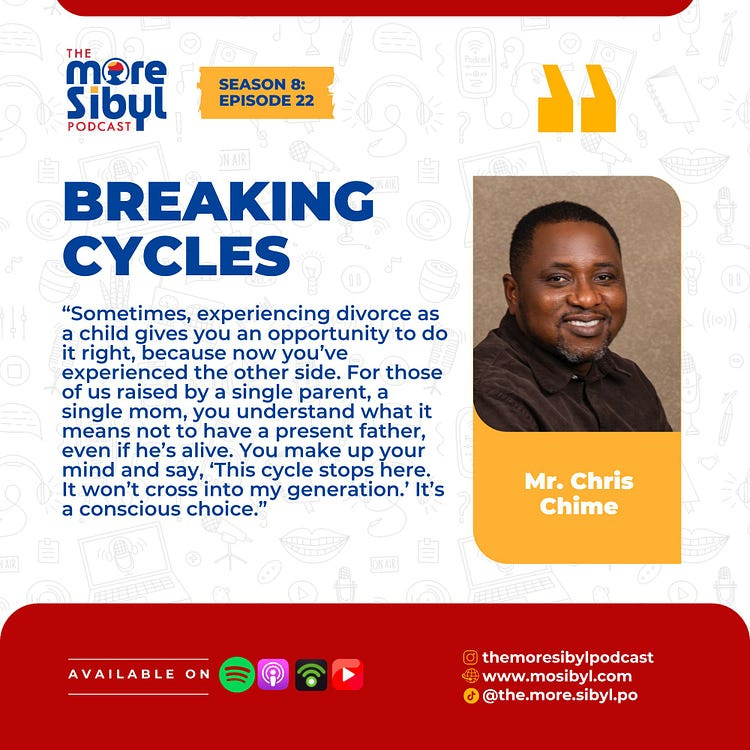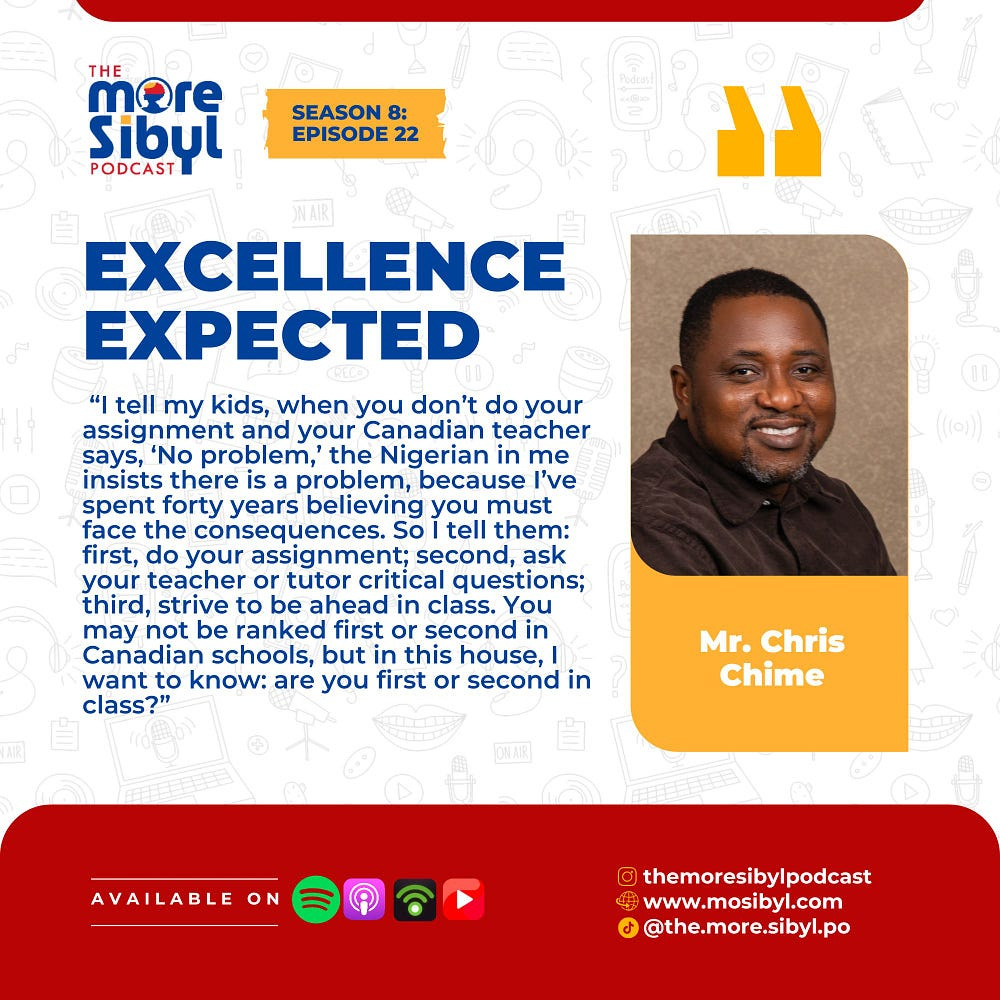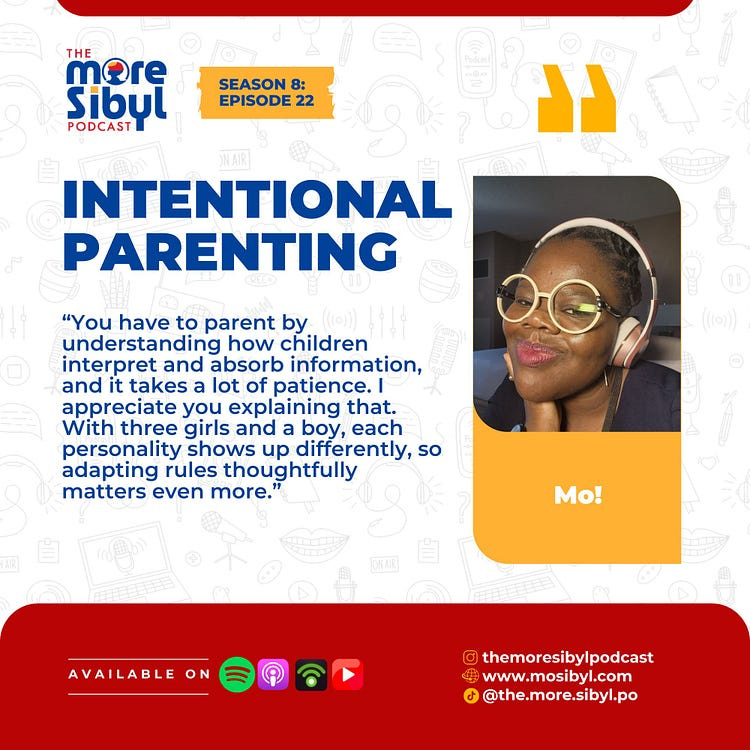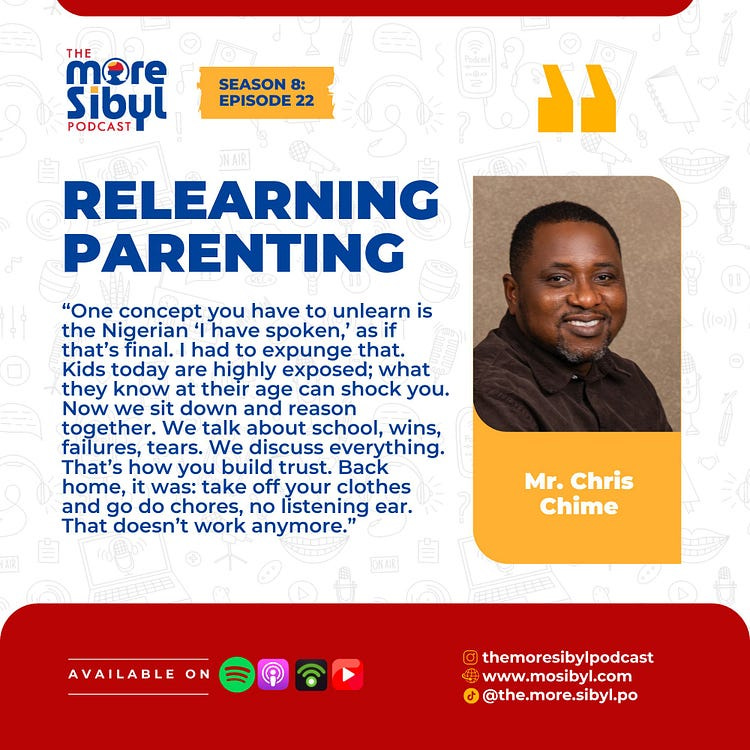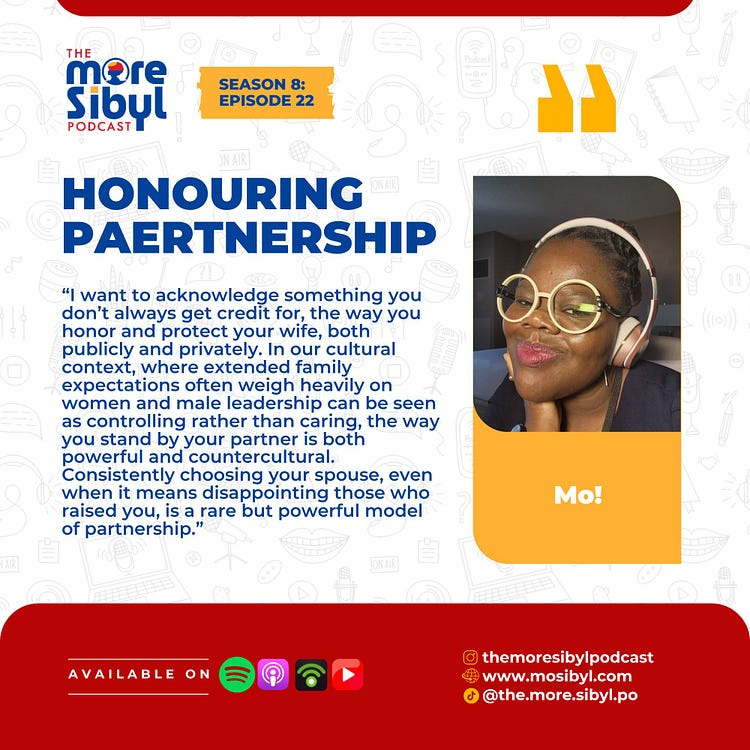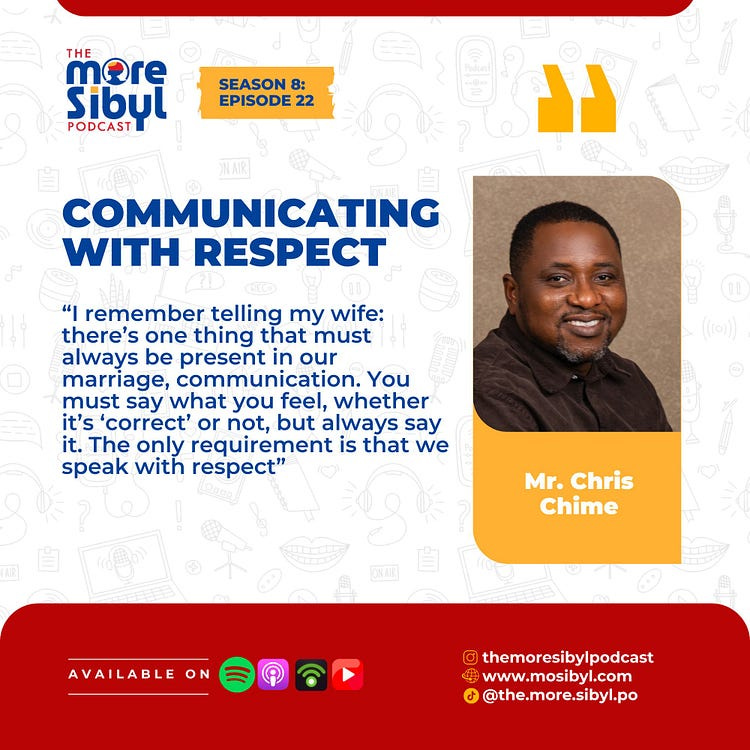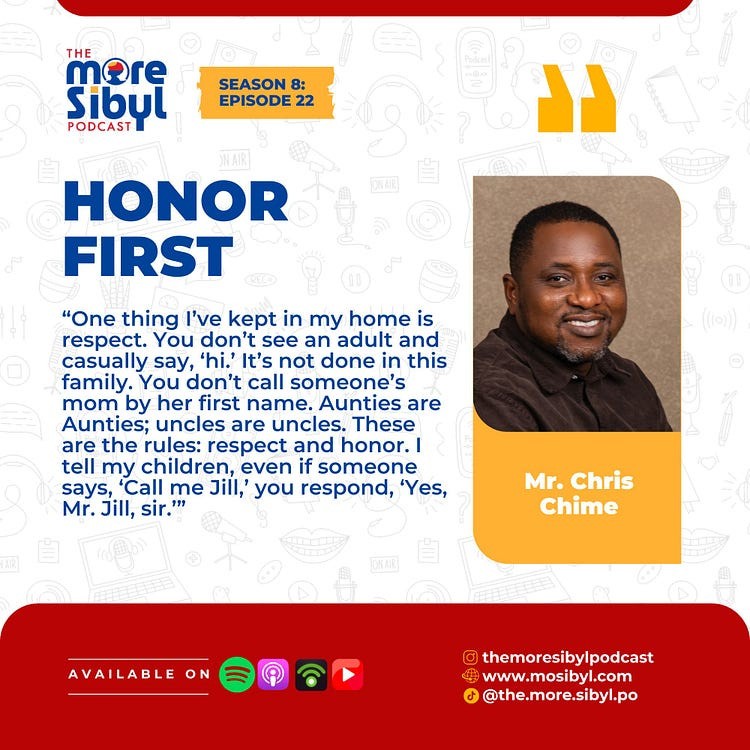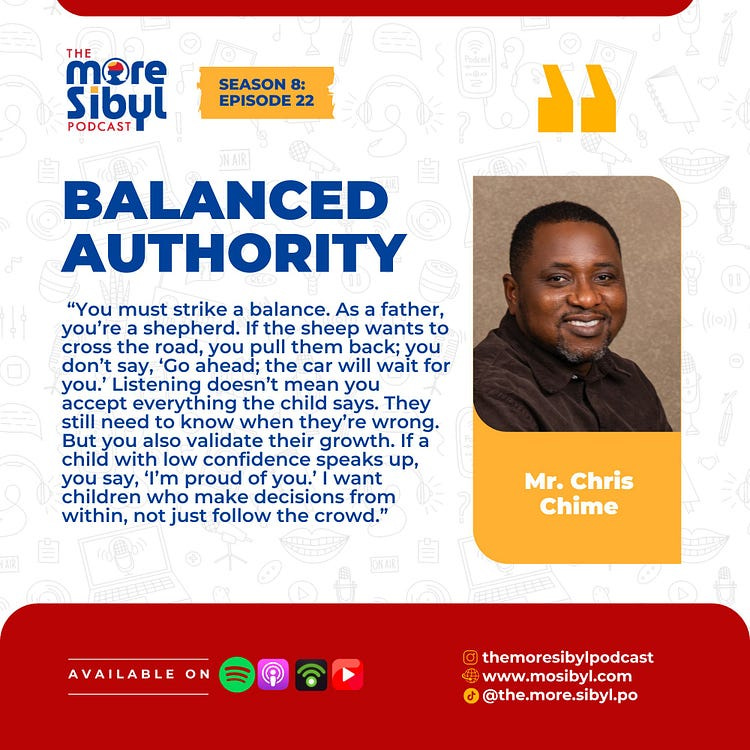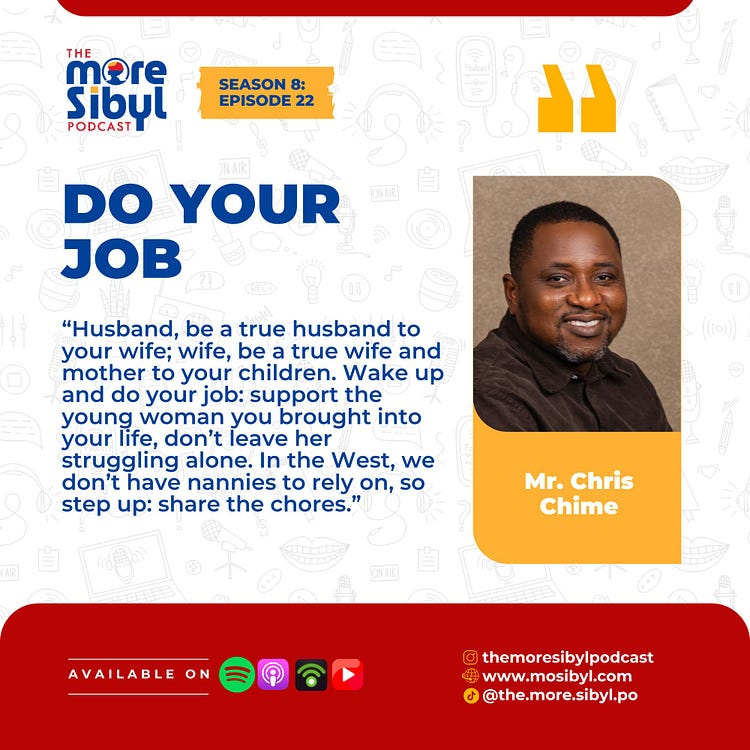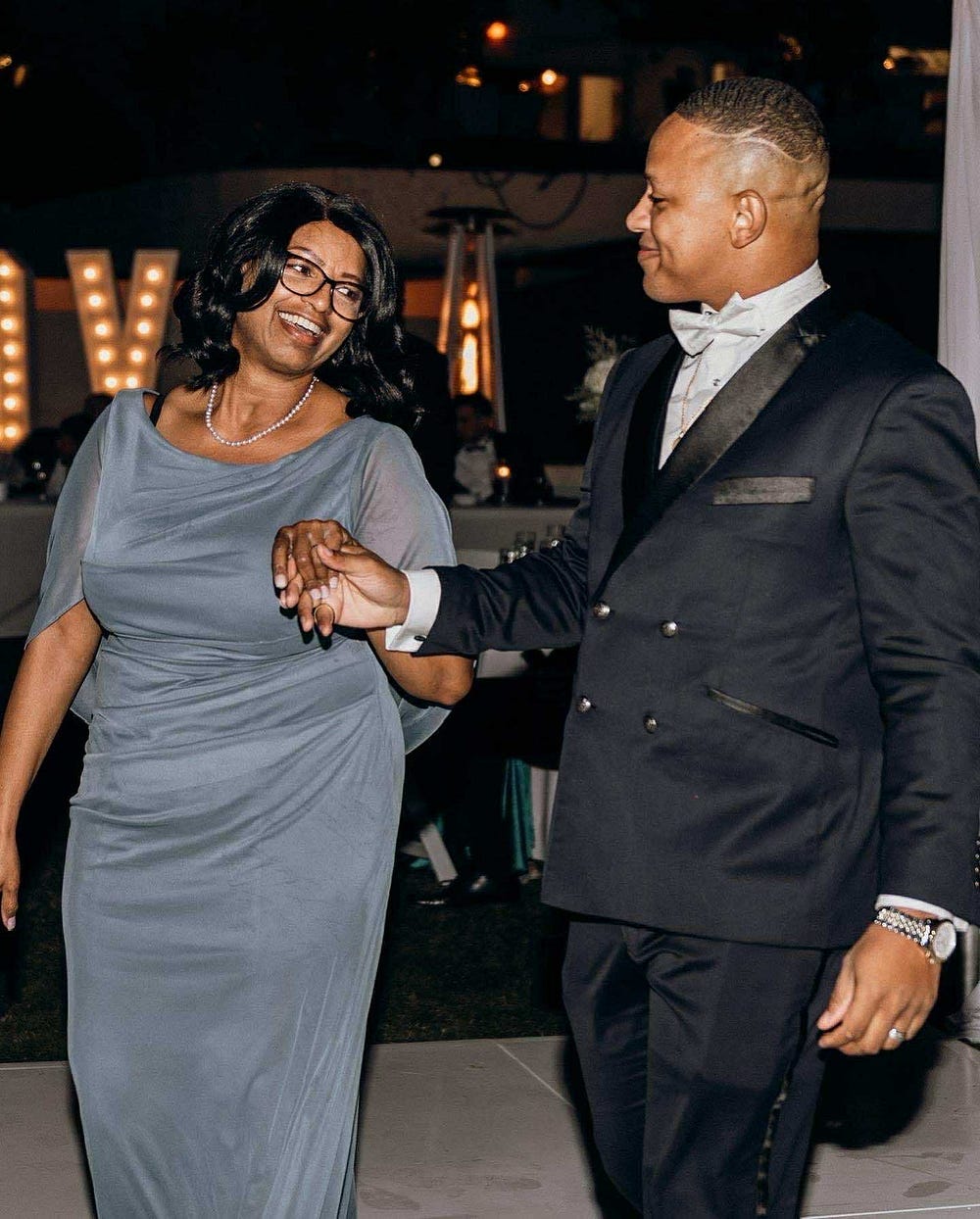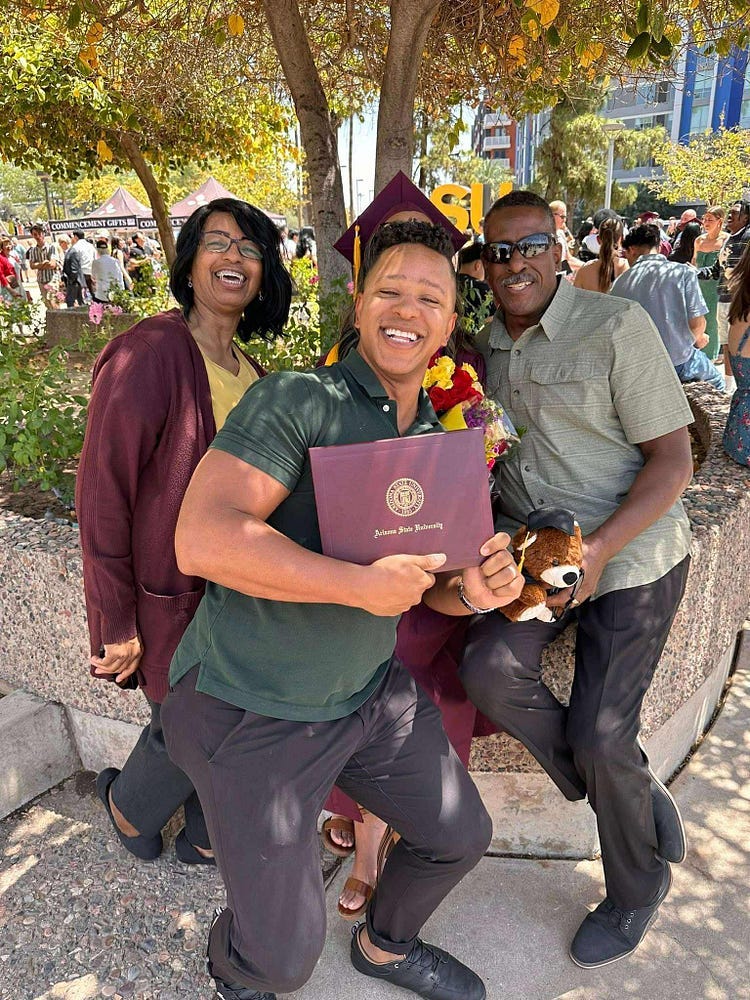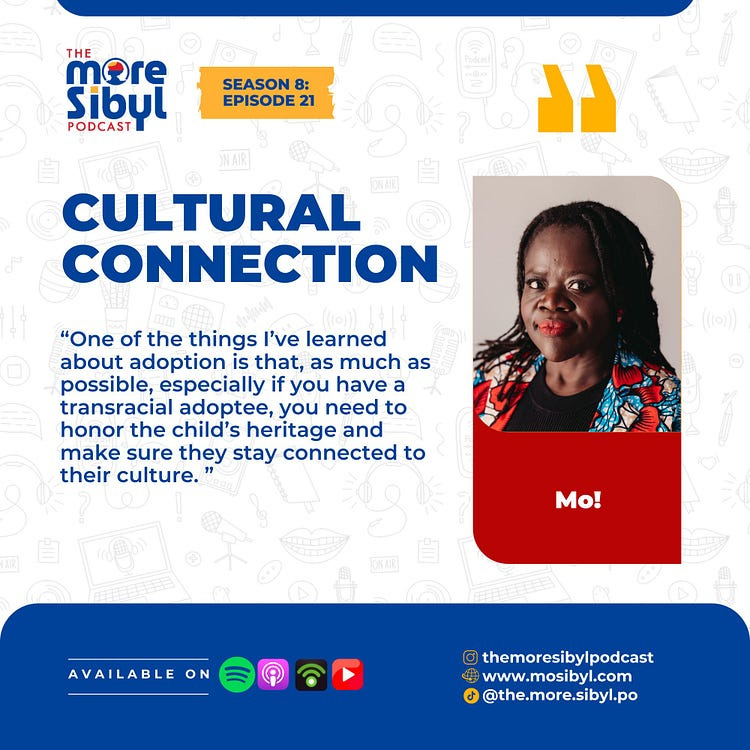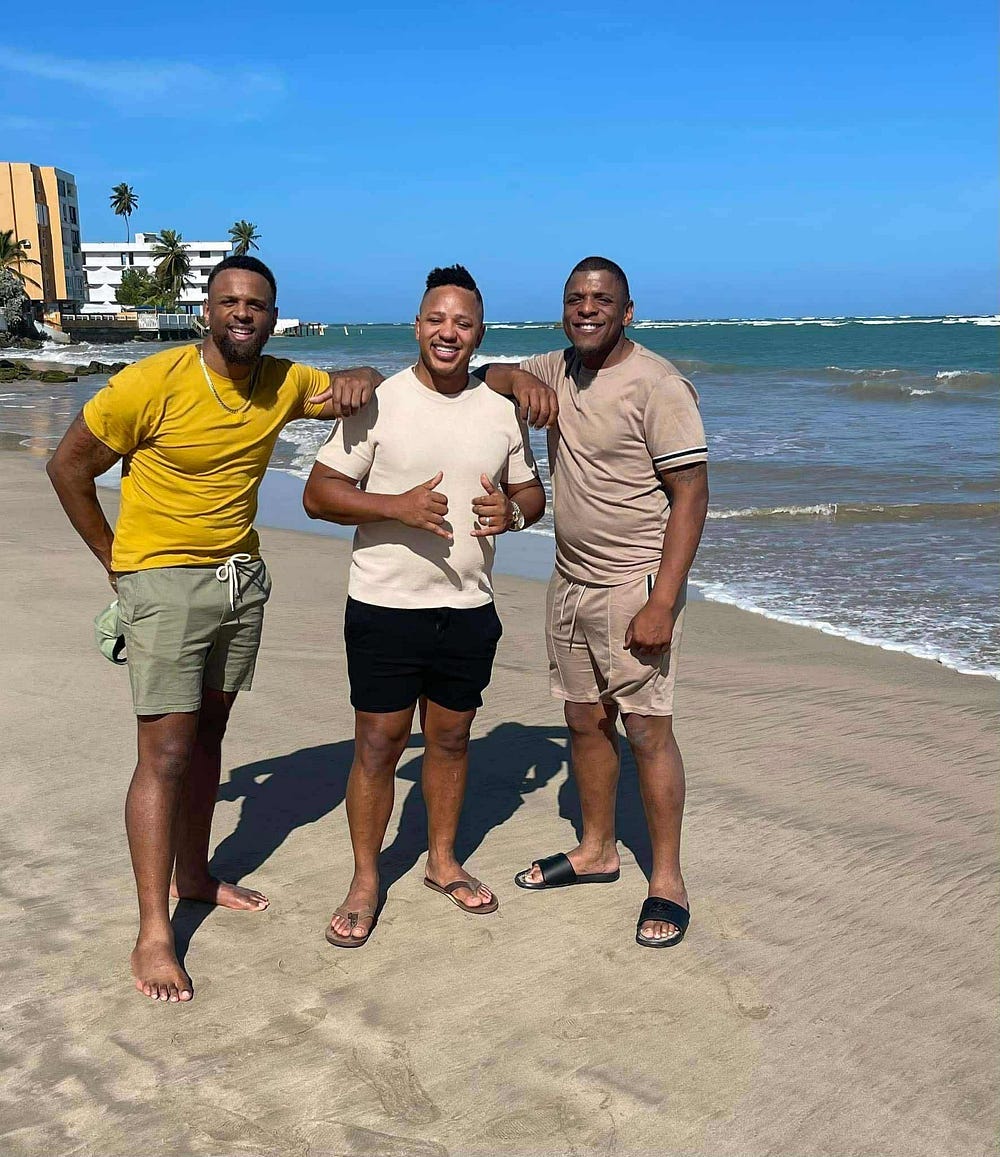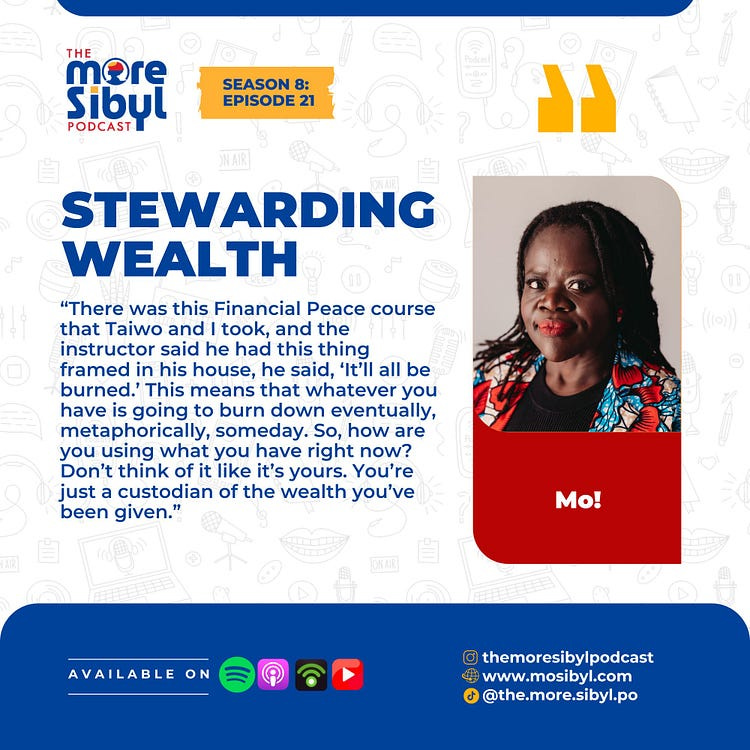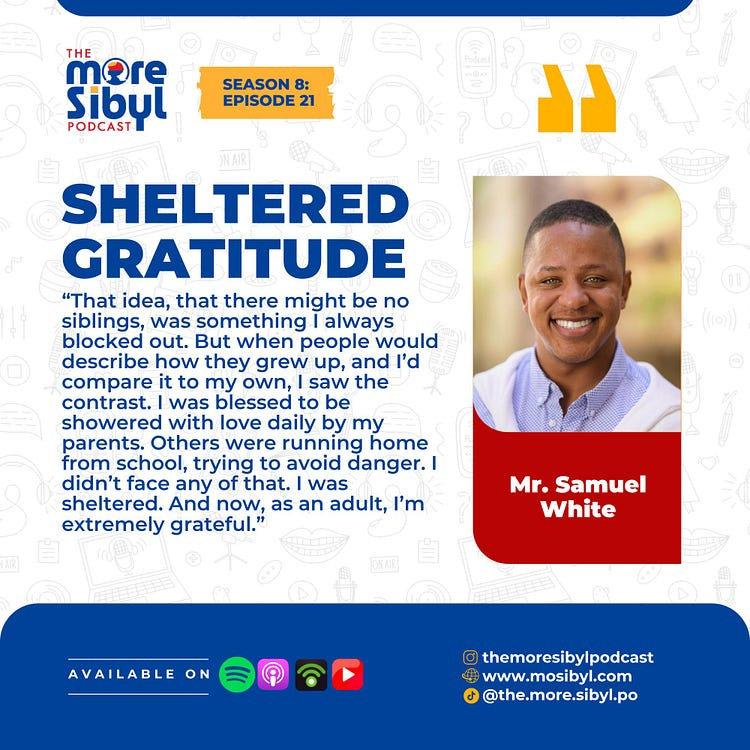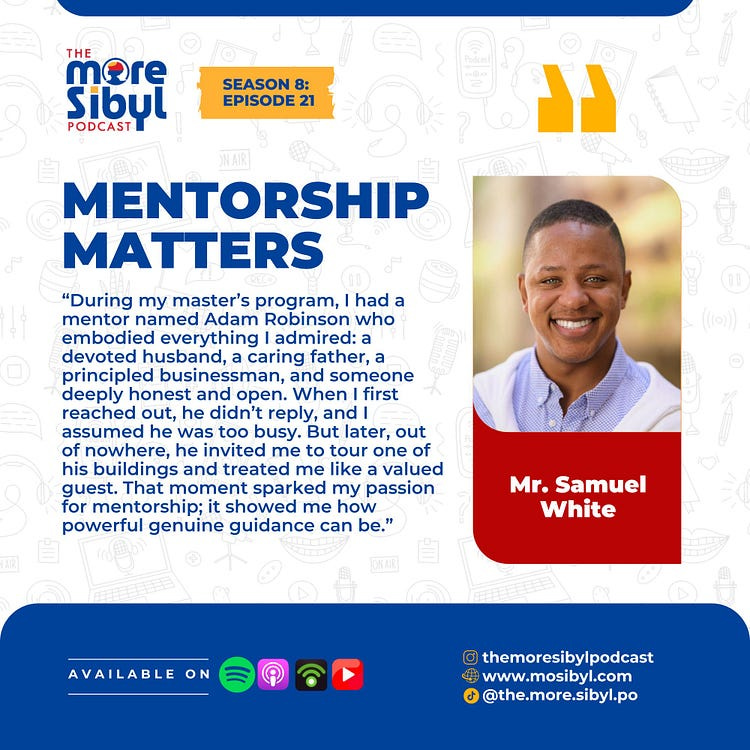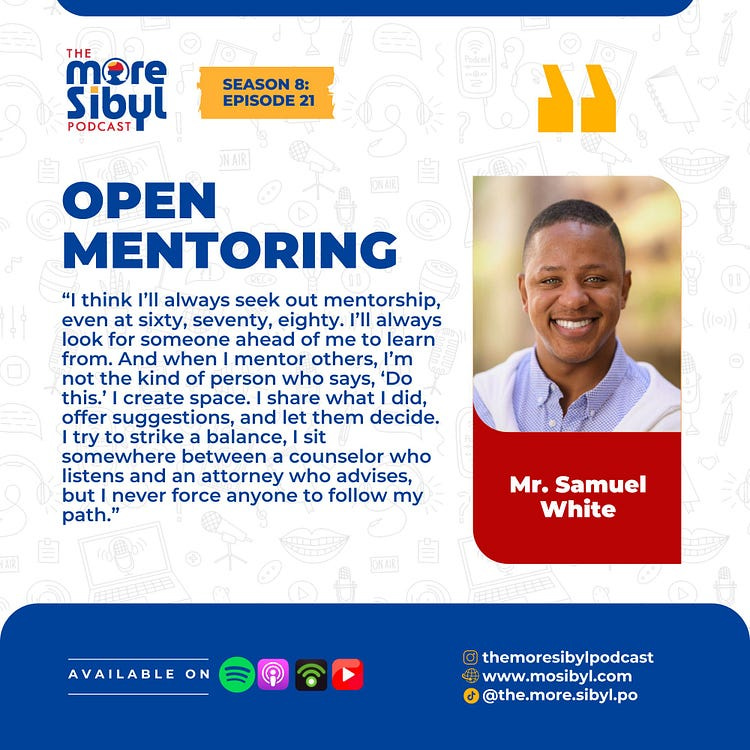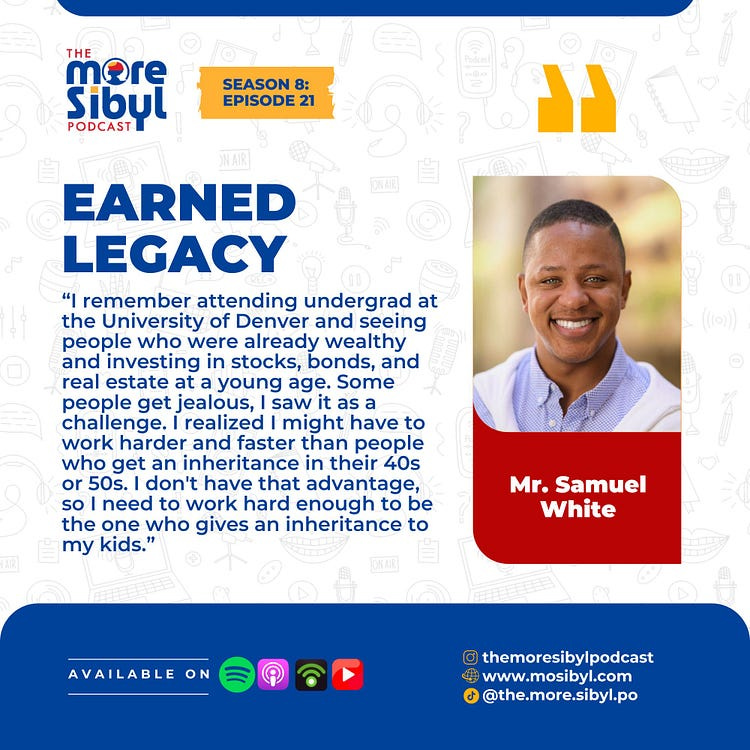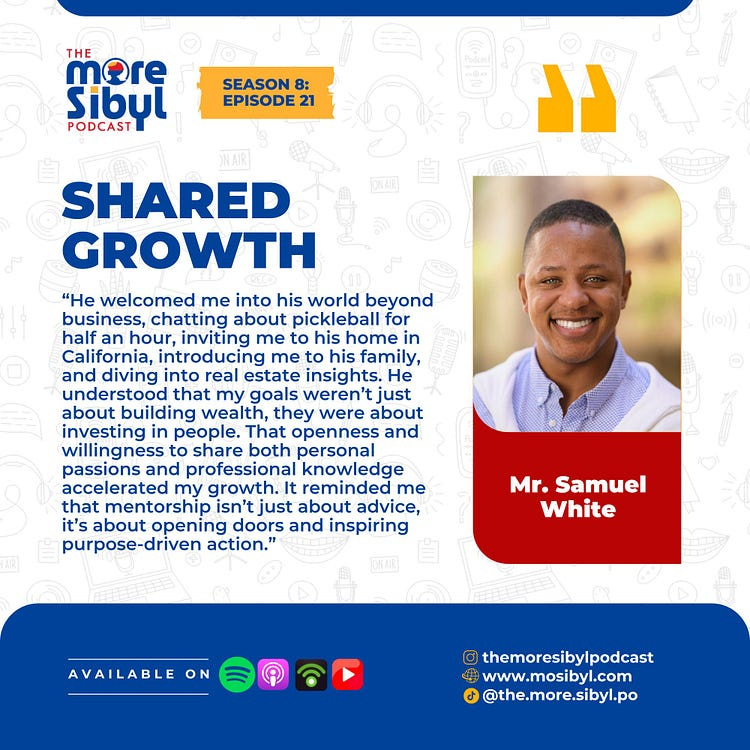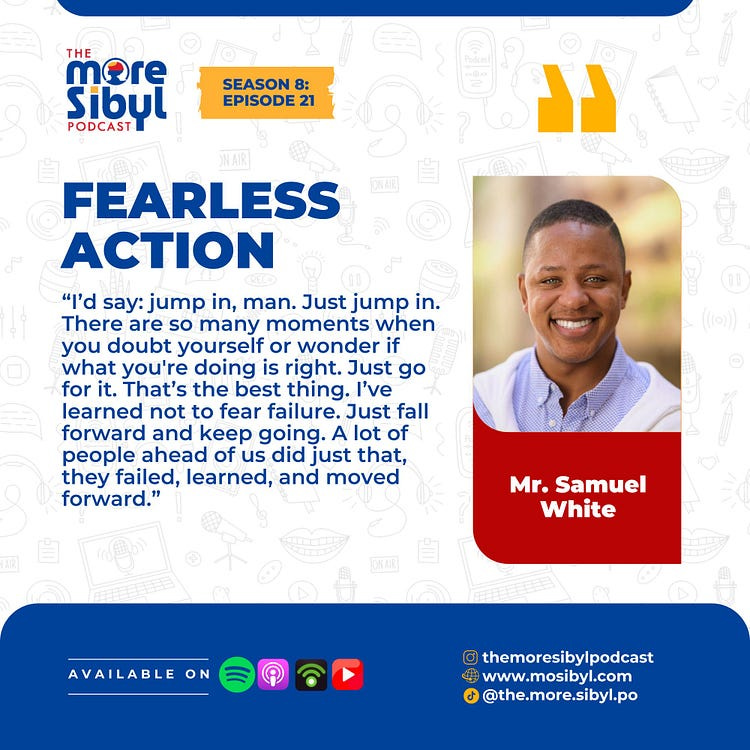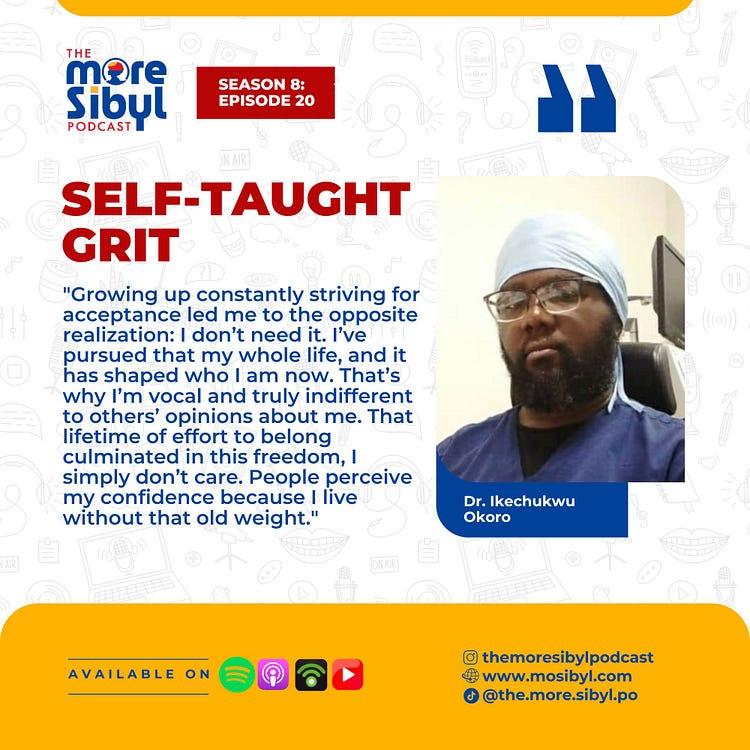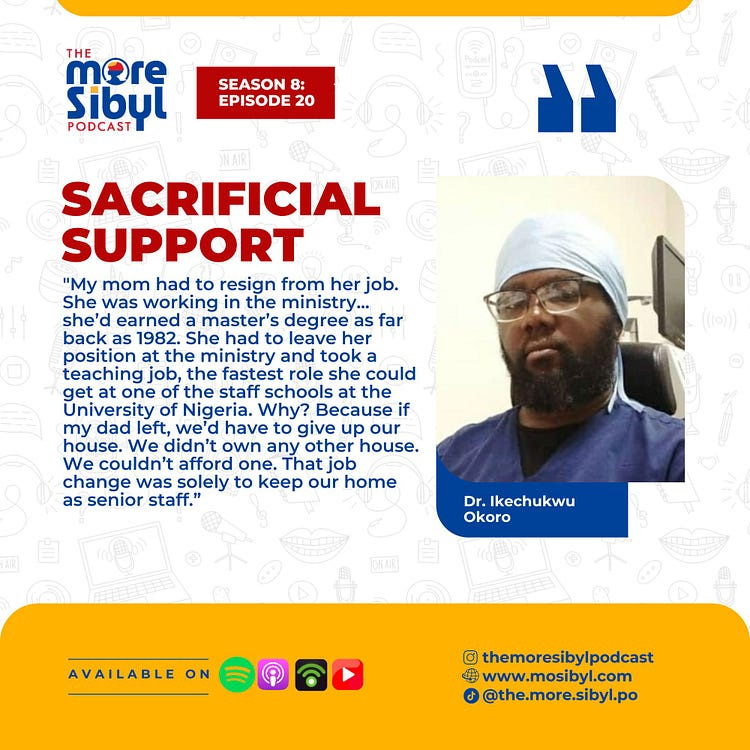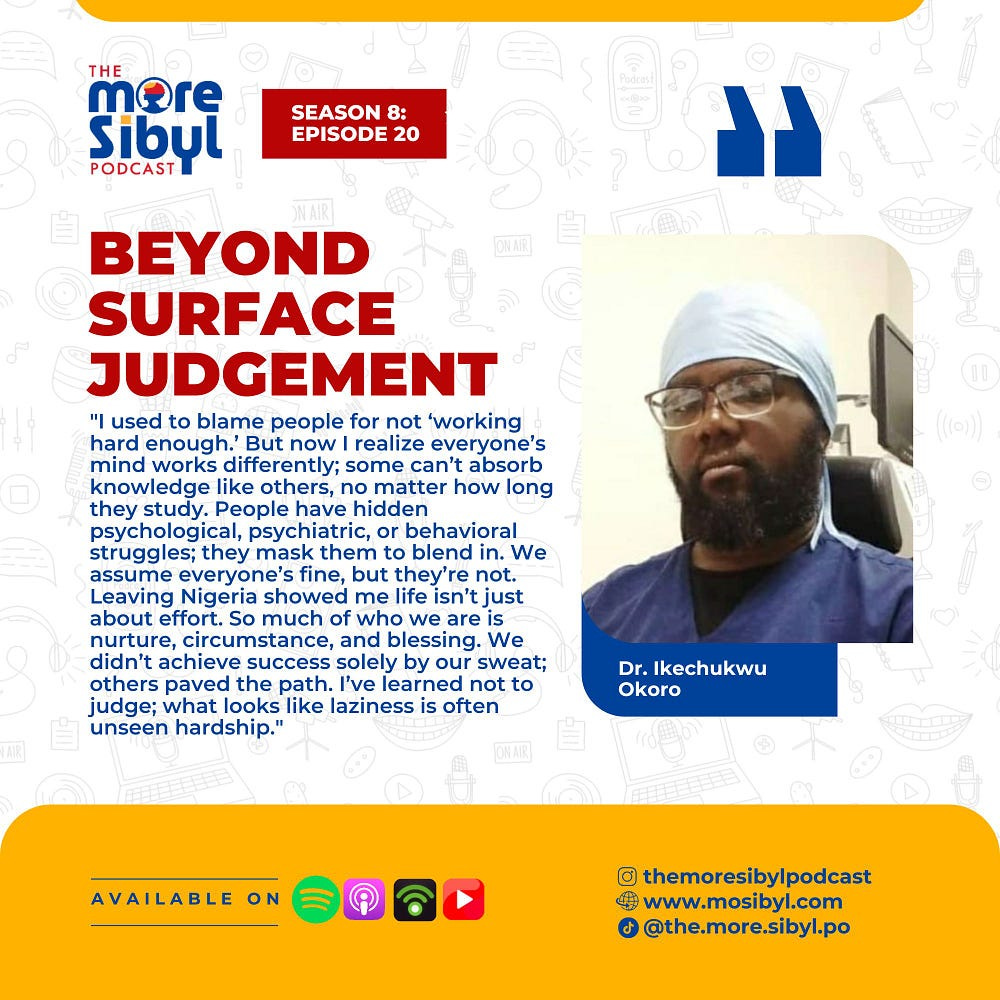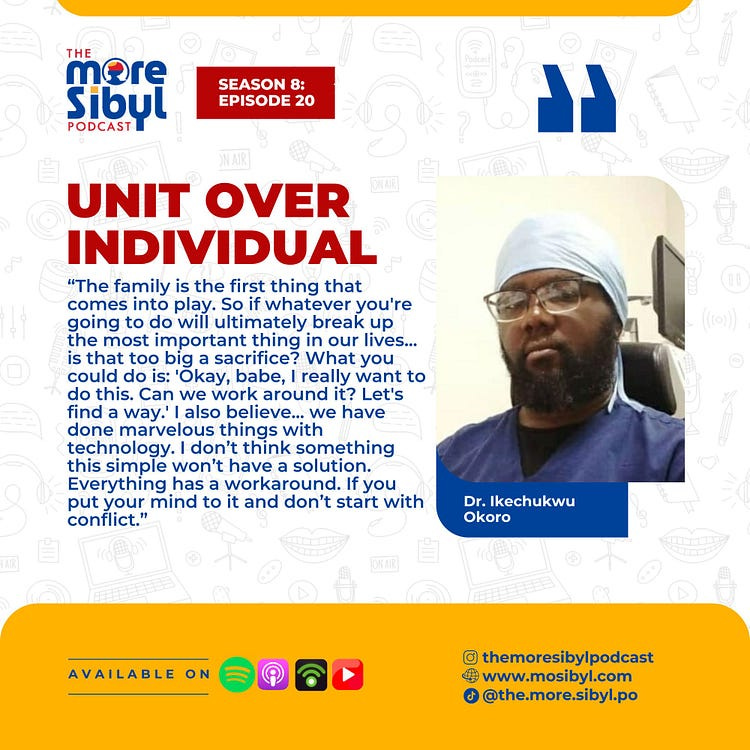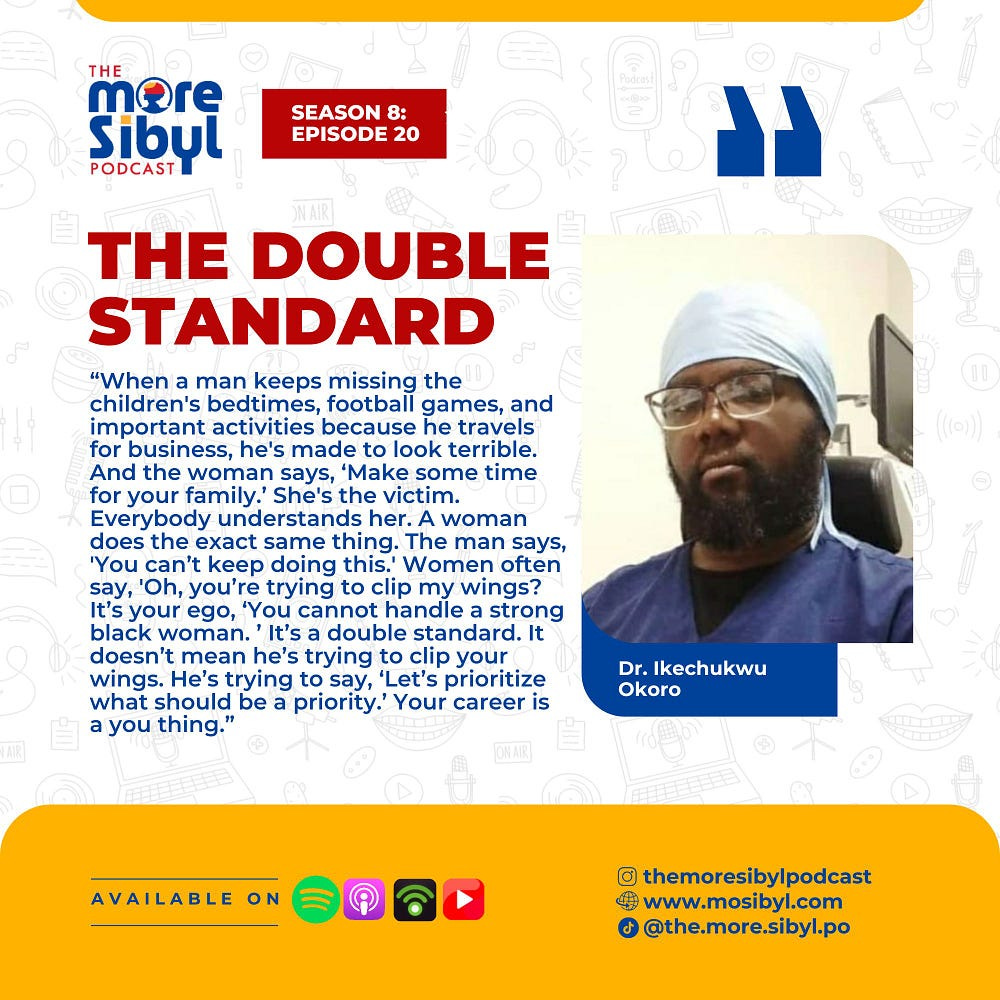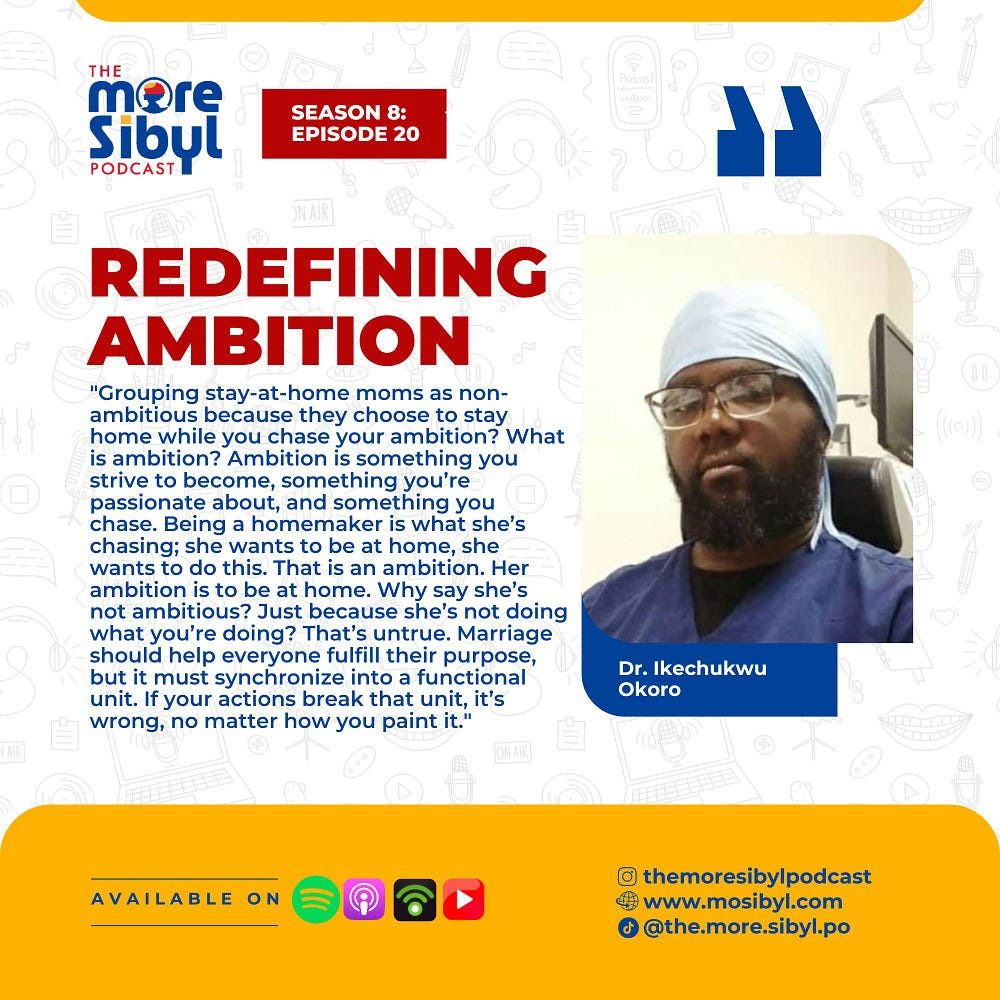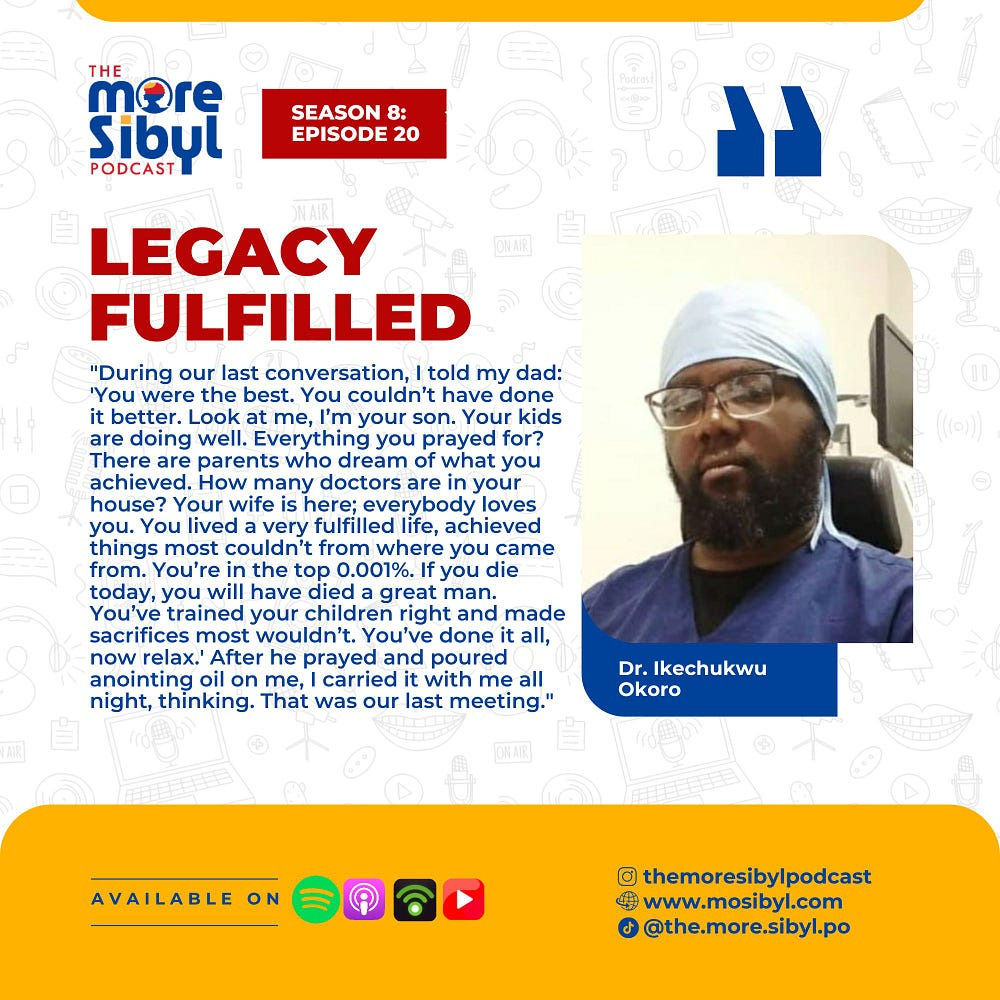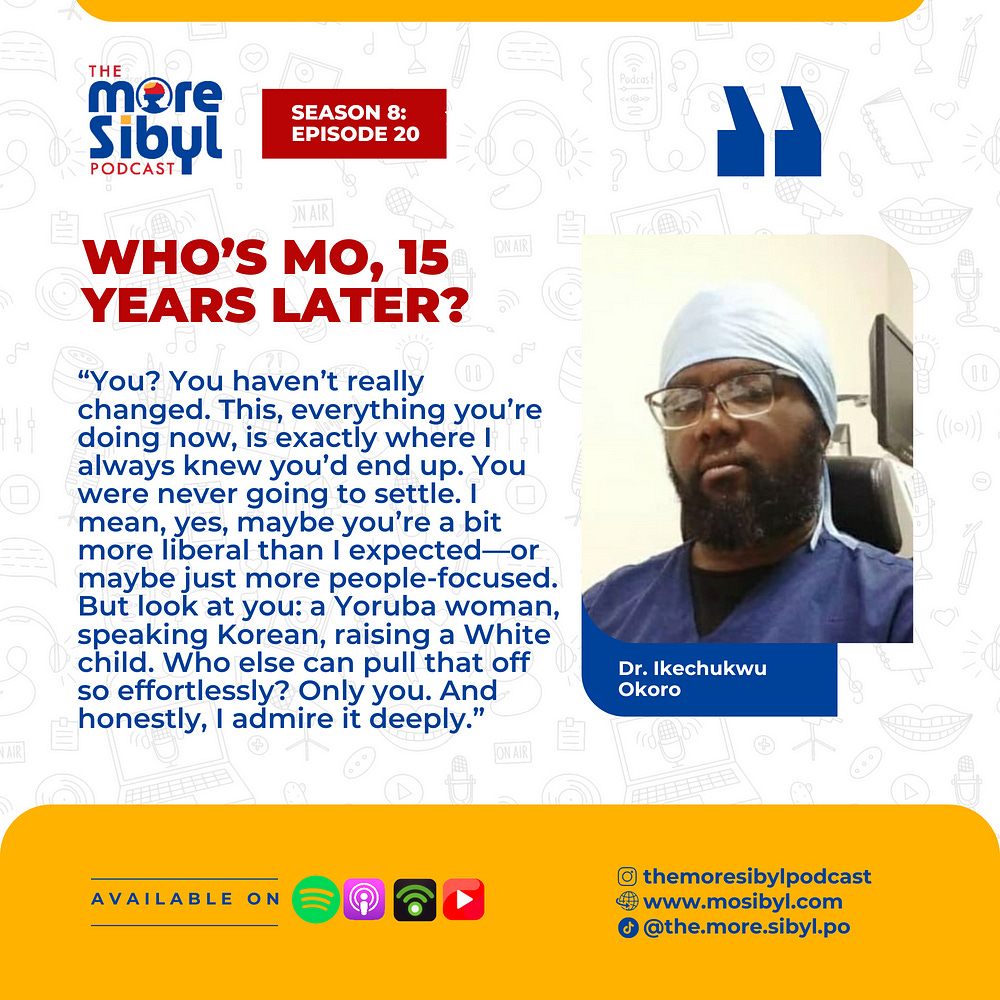On Belonging and Advocacy: For Ourselves and Our Children
학교와 집 사이 The One with Dr. Otito Iwuchukwu | Episode 24 (2025)
“I used to feel like my mom played favorites. And being the youngest, people often thought I was the favorite. But I’m like, far from it. That made me reflect on what belonging looks like in a family, how those dynamics play out, and how sometimes the very things we say we won’t do, we end up doing. So how do you pause, reflect, and become more aware so you can break or reshape those patterns?” — Dr. Iwuchukwu (2025)
When that email came, I felt a deep sense of shame, even though it was only the second day of school. It wasn’t just what was said, it was how it was said. It felt like, “Your child isn’t cooperating,” like something was wrong with her, or with us as parents. And I had to remind myself: this is a five-year-old child in a new, overwhelming environment. I wish more immigrant parents could separate their children’s behavior from the pressure to prove they’ve raised them “right.” — Mo! (2025)
BLOG POST
This month on The More Sibyl Podcast, we’re centering education in all its dimensions. And we’re starting strong with a powerhouse guest: Dr. Otito Iwuchukwu. She’s not just my personal person (true sisterhood!), but also a writer, organizational psychologist, pharmacist, learning and development leader, and most tenderly, a mother.
In her new book, The Belonging Paradox, she voices a question many immigrants quietly carry: Where do we truly belong when home is both here and there? Drawing from lived experience and layered wisdom, Dr. Otito blends soul and strategy in this conversation. She’s the kind of woman who navigates snack-shaming at school one day and writes affirmations on bathroom mirrors the next; each act, an offering of love and resistance.
If you’ve ever felt the weight of parenting in a culture that isn’t your own, this episode is for you. We explore what it means to advocate for our children in unfamiliar systems, how to hold space for belonging while straddling multiple worlds, and how reframing neurodivergence can become an act of radical love.
Straddling Cultures and Mothering Without a Manual
This isn’t Dr. Otito’s first rodeo on the podcast — so we skipped the long intros (you can catch her past episode here) and jumped straight into the deep end. We began by discussing how motherhood had surprised her. Unlike the structured roles she trained for, parenting came without a manual or a job description. It’s full of joys, yes — but it’s constantly unfolding, ever new.
She reflected on how each season reveals a new version of your child — and demands a new version of you. Adding the challenge of parenting in a different culture makes it a constant act of learning, unlearning, and adapting.
The one who wears many beads must learn how to dance differently.
She identifies as multicultural, not just because she’s an immigrant, but because Nigeria itself is a mosaic of languages and traditions. Diversity was never theoretical; it was lived. In the U.S., however, parenting means decoding new norms, expectations, and unspoken rules. As I said during the episode: “It’s a constant learning and relearning… and also learning from your kids, if you’re smart enough to know that’s part of it.” I learn from my two every day. It reminded me of a Nigerian proverb: The one who wears many beads must learn how to dance differently. Amen to that.
When Your Child Becomes a Mirror
There are always those moments that turn on the switch in our mind and alert us with an “Error 504” message. For Dr. Otito, it was her children who turned on the light bulb, or at least made her turn it on herself. In those early years, life in America was a constant juggle. She was working, driving across town for school pickups and after-school activities. She was often overwhelmed, and her children noticed. They told her she seemed constantly frazzled and impatient. It was hard to hear, but it made her pause. “Everything is to the 10th degree with you,” they said. And they were right.
She acknowledged that patience had always been a struggle, but this feedback hit differently coming from her kids. However, I had to admit that it reflected the kind of home she and her husband had built. It was one where their children felt safe enough to speak honestly, even when it meant calling out their parents.
That same boldness, she said, has sometimes led to what she calls “good trouble” in school. For instance, when her son (who is usually well-behaved and high-achieving) began bringing home behavior reports after switching teachers in third grade. She was confused, “The reports you send are not like the child I know, aren’t there any positives?” The teacher understandably apologized for only sending in negatives, but it wasn’t until she attended the end-of-year party that things clicked.
The teacher gave the class an instruction that didn’t make sense. And her son, without hesitation, asked, “Why are you asking us to do this?” The teacher replied, “Because I said so.” Dr. Otito thought to herself, This is why you get in trouble.
Still, she showed empathy. Managing a classroom of 25 children without support is no easy task. But the moment revealed the tension of raising confident, questioning children in systems that don’t always welcome it, especially as an immigrant parent adapting to a new cultural environment.
Misunderstood Intentions: When Cultural Misunderstandings Become Barriers
If you are already thinking, “What’s so hard about parenting in another language?” Well, Otito’s experience explains this perfectly, and this is just one aspect of the hardship.
Dr. Otito’s youngest son has ADHD, and one of the common symptoms is anxiety. However, this trait was misunderstood in her son. Instead of connecting it to his diagnosis, his teachers described him as “unduly anxious” and even suggested it might be caused by strict parenting at home. One would wonder how they know that. This assumption, she realized, stemmed from her own transparency. In a meeting, she’d shared that her kids don’t do “summer slump”. Instead, they study for two hours daily before playing during summer break. That comment, she said, “did not leave my record.”
As an educator herself, she questioned how a commitment to continued learning could be seen negatively. In Nigeria, holidays were filled with lessons, not just play. Learning was expected, not optional.
Here’s another frustration. We are familiar with Western views on punishment. This also causes misunderstandings. She explained that when her child says, “My mom punished me,” the school often assumes the worst without asking what actually happened. “What if it’s just taking away a device for the afternoon?” she asked. “Is that cruel and unusual?”
She urged educators to verify, not assume. “Have you ever seen my child come to school hungry or in worn clothes?” she asked. “And yet you think I’d mistreat them?” For her, it all comes back to one thing: without understanding a family’s culture, the system risks misreading their intentions and misjudging their children.
The Book Born of Battle Scars
Usually, we would discuss topics like these last, but the themes in Dr. Otito’s book, The Belonging Paradox, will be frequently referenced in this conversation. This book was shaped by deeply personal experiences, especially her challenges navigating the U.S. school system as a mother of a neurodivergent child. Her son had an accommodation plan, but support often depended on who was involved. She had to initiate a meeting with the school psychologist herself, which made her wonder, What if I hadn’t spoken up?
That same psychologist later told her that, based on 46 years of experience, she could tell which children would succeed. Otito immediately pushed back and pointed out the fixed mindset behind such thinking. That experience left a mark. At times, Otito questioned whether her children truly belonged in that environment. She considered homeschooling multiple times, but ultimately chose to stay, believing in the importance of mutual learning and in her family’s right to be there.
At home, another moment struck her deeply. One of her sons told her he felt she spent more time with his sibling. It reminded her of her own childhood feelings around favoritism. Though others assumed she was the favorite as the youngest, she hadn’t felt that way. That comment pushed her to reflect on how family dynamics shape belonging, and how easy it is to repeat the very patterns we try to avoid.
Those two experiences, both at school and at home, formed the core of her book. They raised hard but necessary questions about belonging, bias, parenting, and the work of breaking generational patterns.
What Belonging Really Means — and Why It’s Complicated
It’s time for some definition of terms. When Otito says Belonging and when she says Paradox, what exactly does she mean? Otito explains it like this: We’re told that public spaces, like public schools, are meant for everyone. But when a child doesn’t fit the expected mold, they’re often treated like a problem. That exclusion reflects back on the family, creating a cycle of non-belonging. She shared how this also manifests in the workplace. You can have the proper credentials and do your job well, yet still find yourself sidelined when the dynamics shift. Even after meeting all the requirements, you’re left feeling like you don’t belong.
On a national level, it’s just as complex. “We came in the right way, cleared the barriers,” she said, “and yet someone still tells you to go back to where you’re from.” That’s the paradox — meeting every condition for inclusion but still being excluded. Otito also challenged the idea that belonging is something others must grant. “You belong simply because you’re here,” she said. In families, adults belong because they’re raising children, and children belong just by being part of the system. If more people understood that, we’d stop tolerating exclusion disguised as standards. When I asked what chapter was hardest to write, she said it was the one on work (I had a feeling that was the one). It was personal. She remembered her father being sidelined at work due to tribalism despite his qualifications and experience.
He stayed until retirement but never reached his full potential. Her own workplace struggles reminded her of his story. She was determined not to repeat it. “Affliction will not arise a second time,” she told herself, quoting the Bible verse Nahum 1:9. Still, it wasn’t easy. She didn’t want to be known as someone who walked away, but also knew some victories come at a cost. “If you want to play the game,” she said, “you have to know how to play it. Otherwise, you’ll be thoroughly whooped.” Her book is available on Amazon, and I highly recommend that you get a copy for yourself.
Advocating Without Apology: What Immigrant Parents Need to Know
Parents, we hear your silent struggle. I have a personal experience where I received emails about my daughter just two days into her first time in public school, stating that she wasn’t behaving well and was having trouble sitting still at school. As an immigrant mother, all I could feel from that email was shame. The first instinct was to scold her, but I came to understand that it wasn’t her fault. But how can I make her teachers see that? Thankfully, we brought in an expert. I believe this conversation can empower us with the right tools for effective advocacy.
The key, she said, is using your voice, clearly and intentionally. Advocacy isn’t about being confrontational; it’s about knowing the outcome you want and finding the best, most effective way to get there. But first, you need to know you can actually use it. She spoke about how bias often shows up subtly. In her case, a teacher once commented that her child behaved “like someone who went to Montessori school,” a statement that sounded neutral but was clearly loaded. Her response? “Is that a bad thing?” The teacher clarified it was about structure, but the implication was clear. Rather than react emotionally, Dr. Otito asked for specifics: What exactly does “not sitting still” mean? For how long? What’s your definition of “bothering you”?
Parents aren’t helpless. We can work with teachers while still questioning assumptions. When what’s being said doesn’t align with what you see at home, it’s okay to push back respectfully. Advocacy means ensuring your child is supported and that the school is helping you meet the goals you have for them. And yes, it’s possible to request a different teacher if needed. You don’t have to leave your child in an environment that’s clearly not working. As long as you’ve documented concerns and a valid reason, you can request a change. Thanks to voices like Otito’s, I now know how to advocate calmly but firmly. I’ve learned not to internalize every critique and to look for context before reacting. It’s not always easy, but it’s necessary for our kids and ourselves.
When Data Meets Instinct: The Power of Calm, Informed Advocacy
So let’s talk action. What specific things can we do? Tip №1: Always ask for context. Instead of accepting vague complaints, ask, “What exactly is the concern?” and “What can we do about it, together?”
That word ‘together’ matters. Ideally, both parents and teachers want the child to thrive. However, sometimes you meet people who are stuck in negativity. Otito emphasized that staying calm is essential, especially as an immigrant parent. Calmness helps break stereotypes and shifts the dynamic in your favor.
She shared a revealing story from her son’s kindergarten experience. During a surprise meeting with the full child study team, the teacher raised concerns about focus. Another staff member suggested he might be bored. His test scores told a clear story: he entered with 93% and moved to 95%. The question then became, “Is his lack of focus actually affecting his learning?” The answer was no. What followed was a telling moment. The teacher admitted he came in already knowing how to read and write and was pulling her attention away from kids who hadn’t reached that level. In other words, his competence had become a problem. Otito named it clearly: a “brightness tax.” The idea that a child is penalized for being ahead. She challenged them on it, and suddenly, the whole room shifted.
When the teacher questioned his comprehension, Otito pushed back with evidence. Her son could spot a single changed sentence in a familiar book. That is comprehension. An occupational therapist even began offering strategies for the teacher. That meeting could’ve gone another way. But it didn’t, because she came prepared with data, knowledge of her child, and refused to be derailed by vague comments like, “He doesn’t comprehend well.” The meeting shifted because she stayed calm, brought data, and knew her child. That’s her message to other parents: know your child and advocate with clarity. You don’t need special connections or credentials. You can ask questions, challenge vague feedback, and request a change.
I shared a bit of my journey, too. My daughter was struggling to focus after lunch. It turns out she wasn’t eating because lunchtime was too noisy and stressful. The countdowns gave her anxiety. She was locking herself in the bathroom. That wasn’t the child I knew. I had to ask the school to review footage and reconnect with her former teacher to make sense of it. It all came back to context. Otito reminded us that conflict isn’t always destructive; it’s just a matter of differing perspectives. But when we bring calmness, data, and a deep understanding of our kids, we can bridge that gap and advocate effectively.
Coping with Guilt, Judgment, and the Weight of Bias
All this is easier said than done. Especially when you have to deal with the very real feelings of guilt, shame, and fear. Otito doesn’t even sugarcoat it when we came to this part of the conversation. “I’m not even going to lie, it was tough.” So tough that it even strained her marriage. She recalled confronting her husband, frustrated that he didn’t react the same way to the school’s messages. For her, each email felt like a judgment, not just of her child, but of her parenting as well.
It wasn’t that she saw her children as perfect. She knew their flaws and was often more critical of them than most. But the pain came from being misunderstood. “You don’t know this child,” she’d remind herself. It felt like history repeating itself, being misjudged based on limited interactions, missing the complete picture of who someone is. The impact on her son was clear. He began to hate school, and while teachers suggested his anxiety might be coming from home, she pushed back. At home, he was a different child. The contrast was stark. Emails from school caused immediate dread, while people like custodians and support staff spoke warmly about his kindness and politeness.
Despite her frustration, Otito made a point to hold empathy for teachers, acknowledging they’re overwhelmed and under-resourced. But she was also firm: if you can’t teach without harming children or reinforcing bias, maybe teaching isn’t the right job. In a school where few kids looked like her son, the challenges were layered. “It becomes a double whammy,” she said. And for her, this kind of advocacy is always personal because when your child is misunderstood, it cuts deep. In teaching, kindness is non-negotiable. She even cites examples from a book she has read on the subject: Teaching to Transgress by Bell Hooks. She discusses care in the classroom, highlighting how it was lost entirely with the advent of desegregation. This is our call to bring it back!
Embracing Neurodivergence
When we talk about care, we know it is especially needed in cases of children with neurodivergence. Otito has two sons with ADHD, and she shared how her perspective changed by simply observing her two sons. They could grasp complex concepts with ease, yet often struggled with simple tasks, such as putting away their shoes or keeping track of their jackets and glasses. These everyday frustrations, she explained, are tied to challenges with executive function. While it is something that can improve with age, it is still a hurdle. What shifted things for her was noticing their creativity. “There’s a lot of creativity here,” she said, emphasizing how their honesty and divergent thinking showed up in unique ways. It made her pause and reconsider what society typically frames as deficits. She began to appreciate their minds not just for what they struggled with, but for how differently and beautifully they processed the world. As she saw herself reflected in her children, she started researching, and the pieces began to click. From there, she made a conscious choice: to raise her children without shame or self-censorship. She understood the reality of rejection sensitivity and wanted them to move through the world without fear of judgment. Her goal became to affirm them, not fix them.
She acknowledged that some people worry neurodivergent kids won’t fit in, but as she put it, “Why the insistence on fitting in?” These aren’t new traits; we just didn’t have names for them before. And many of the world’s most creative minds, like Leonardo da Vinci, likely shared these differences.
Her approach isn’t about denying the challenges. It’s about centering the strengths so they’re not drowned out. “You help them find their way,” she said, “while recognizing the world will try to box them in.” That perspective, grounded in lived experience and love, is a powerful reminder to see our children fully, for both who they are and who they’re becoming.
A Letter to My Younger Self — and a Call to Every Immigrant Parent
As our conversation wound down, I asked Otito to do one last bit of time travel with me: What would she write in a letter to her younger self, the girl who arrived in America with a suitcase full of dreams, straddling two worlds? Her answer was simple, but powerful: “You are enough.” Not in the way that dismisses growth or ambition, but in the way every child deserves to hear. Belonging is not earned through hyper-criticism or perfectionism. That was the message she would have wanted as a younger version of herself, someone trying hard to belong in every room. If she could go back to those early days in the U.S., especially during the pressure cooker of grad school, she said she’d tell herself to be less fearful. “Be more outward-facing,” she said. Look up, look around, and engage more openly with the world, instead of shrinking inward.
“Children now actually have an advantage,” she noted, because they don’t have to wait years to express the parts of themselves we had to hide or suppress. Otito also reminded us that the work she’s doing isn’t just about children — it starts with us, the parents. “As a parent, you have to find your own belonging,” she said. That self-knowing is what equips us to pass on a sense of security to our children. Whether we arrived documented or undocumented and then became legal, our presence gives us the right to belong. And that belonging extends to our children as well. They deserve the full rights and recognition of people who belong. Her book, The Belonging Paradox, is available at bookstores everywhere, including her website, where you can also find her on LinkedIn. It’s a deeply personal work, years in the making, that asks one essential question: What does it take to feel like we truly belong? And her answer is clear, go find out in the book — no spoilers from me! (LOL).
To every immigrant parent trying to raise children who feel seen, safe, and strong in the U.S. educational system, this episode is for you. Maybe you won’t know how much you need it until August rolls around and another school year begins. So bookmark it. Share it with a parent navigating the same road. Let it be a balm, a guide, and a reminder that you are not alone.
Let’s keep the conversation going. Share your thoughts, discuss the episode, and let us know what resonated most with you. Because the quiet work we do — in emails to teachers, in lunchroom check-ins, in school hallways — matters. And this podcast, The More Sibyl Podcast, is where we continue to hold space for all the in-between.
Oh — and something BIG is coming this month. Mark your calendars for July 19th: More Than a Backpack is a live panel session featuring moms, dads, and a behavioral specialist, who will dig even deeper into how we can collectively advocate for our kids in the North American education system. That’s right — both the U.S. and Canada. Save the date, and we’ll see you there!
🅻🅸🅽🅺🆂:
Download: https://mcdn.podbean.com/mf/web/w7u5i43upyhe27te/OTITOAGAIN2025.mp3
Or on the website: www.mosibyl.com
The Belonging Paradox: https://www.amazon.com/Belonging-Paradox-Fully-Belong-Matter/dp/1736424424
Teaching to Transgress: https://www.amazon.com/Teaching-Transgress-Education-Practice-Translation/dp/0415908086
Dr. Otito Iwuchukwu’s Past Episodes: https://mosibyl.podbean.com/e/otito2024/





